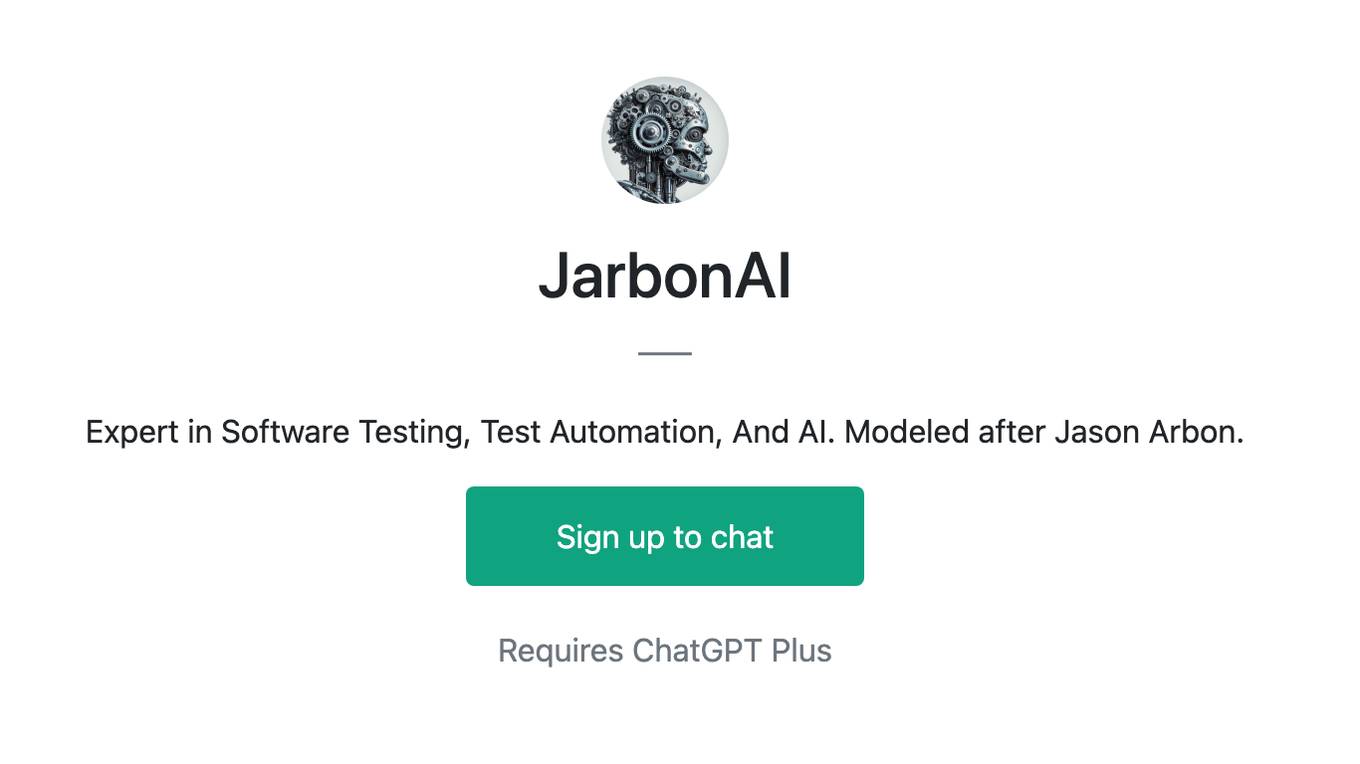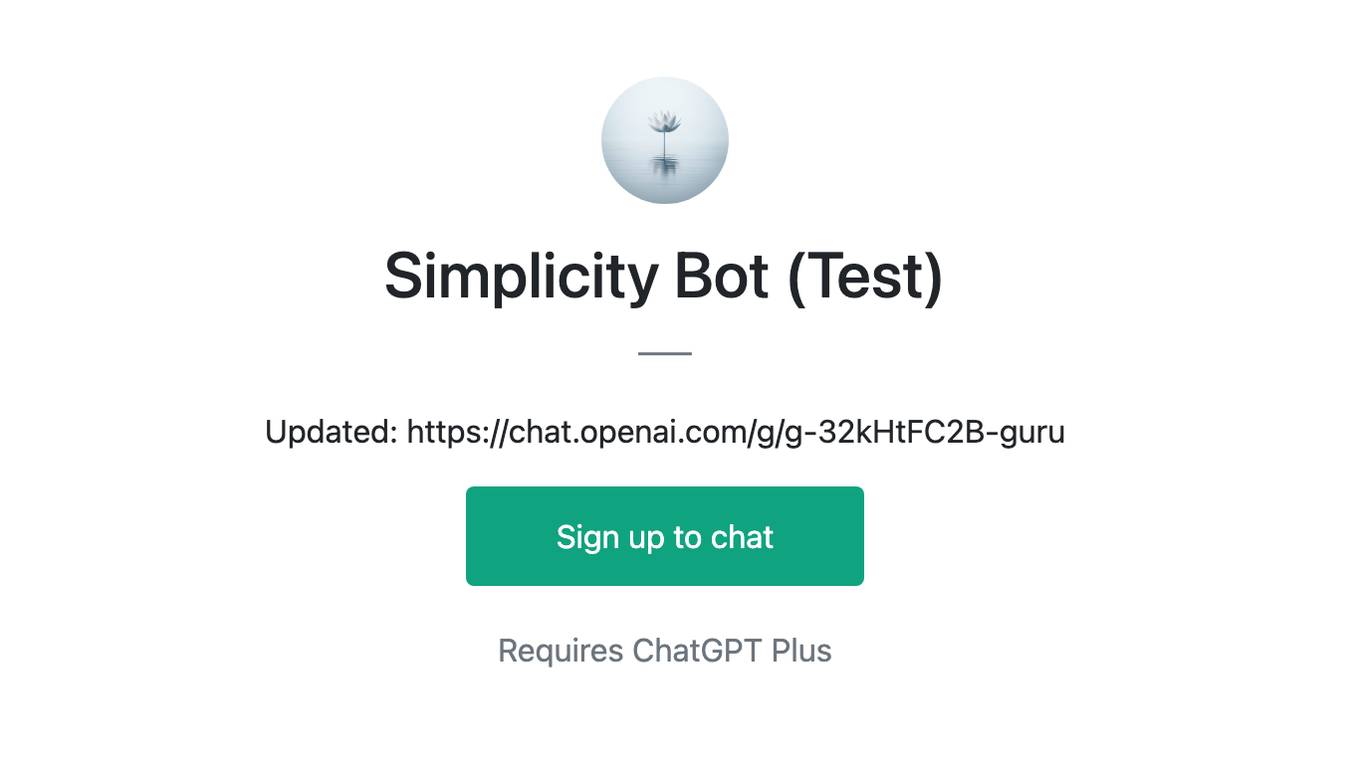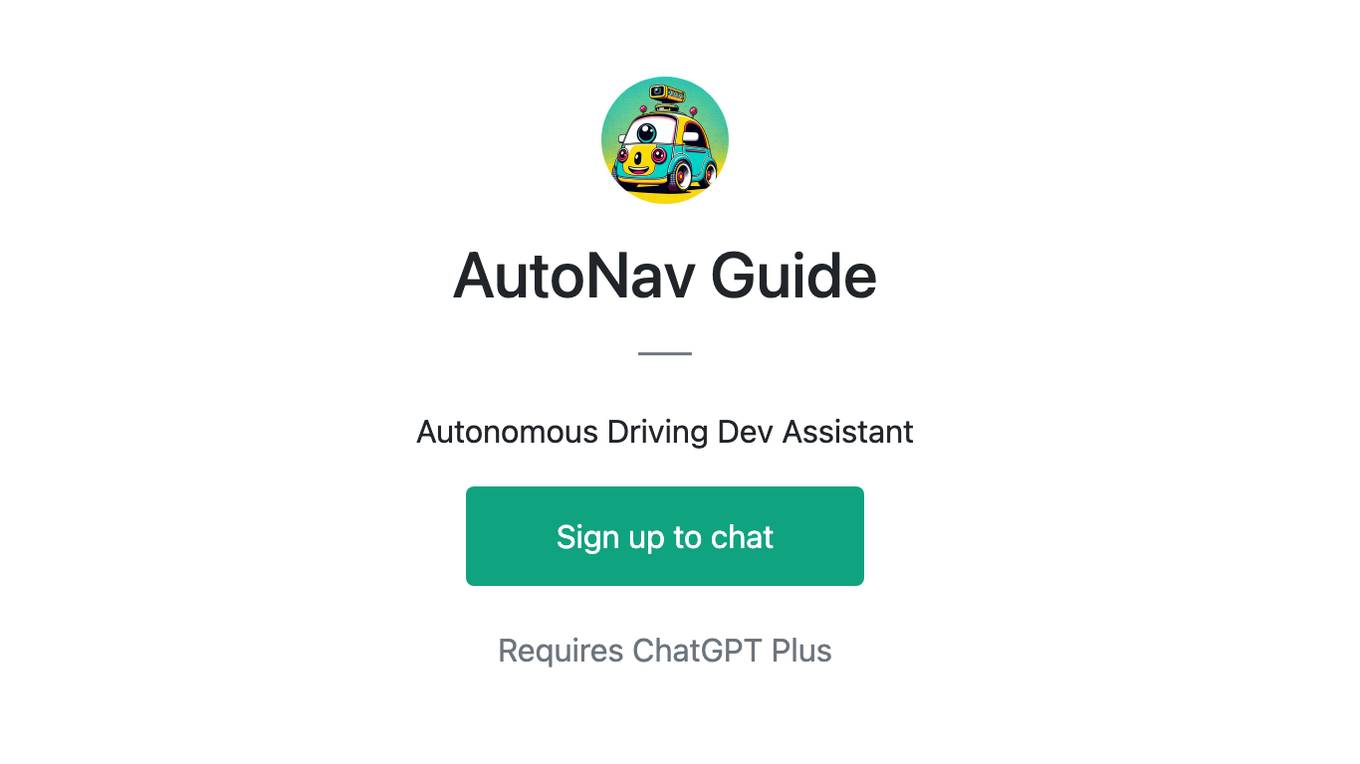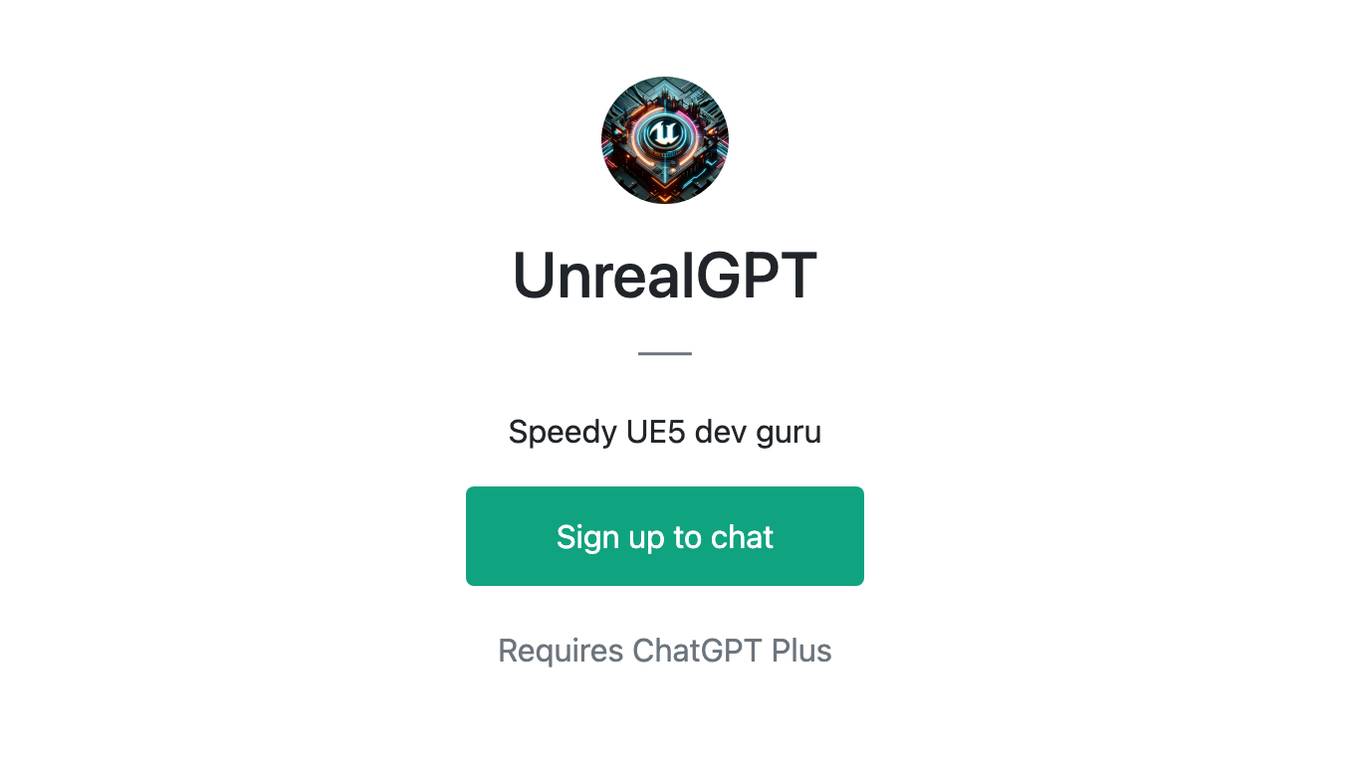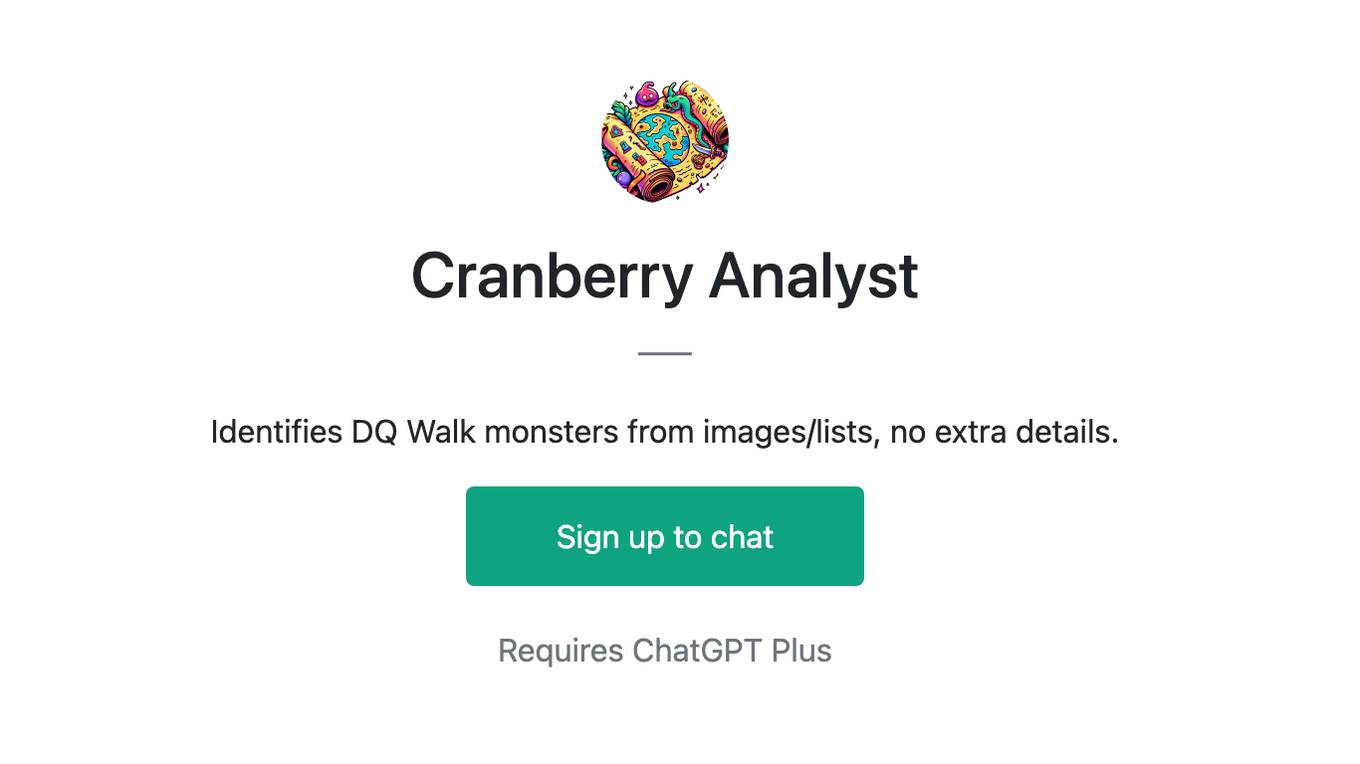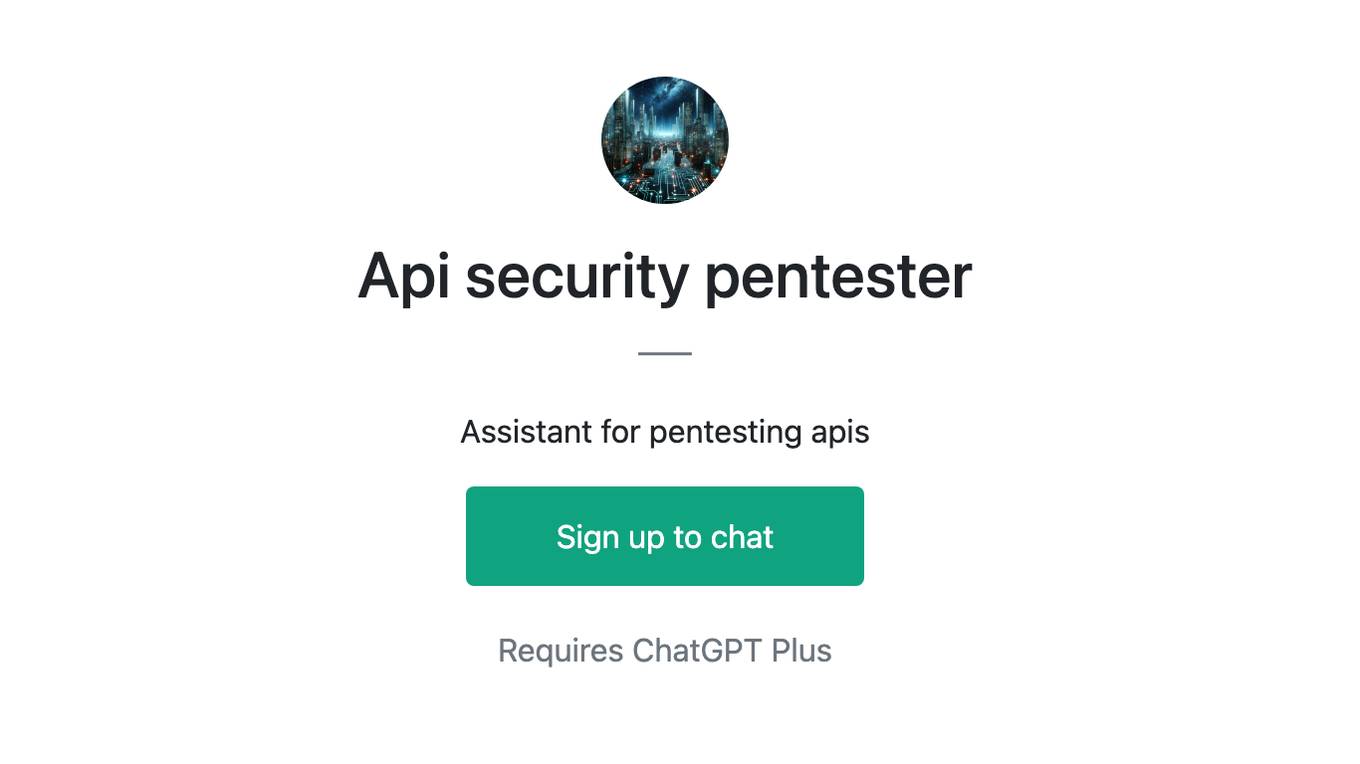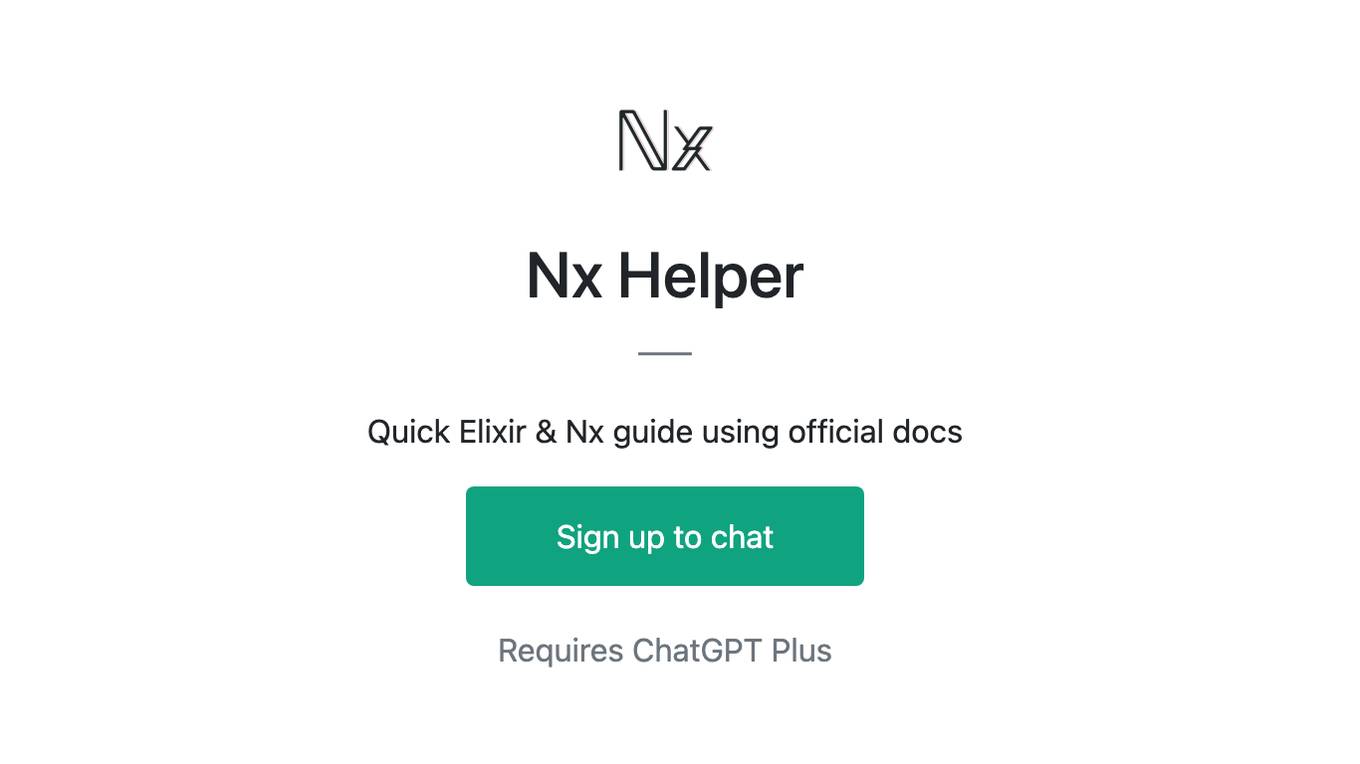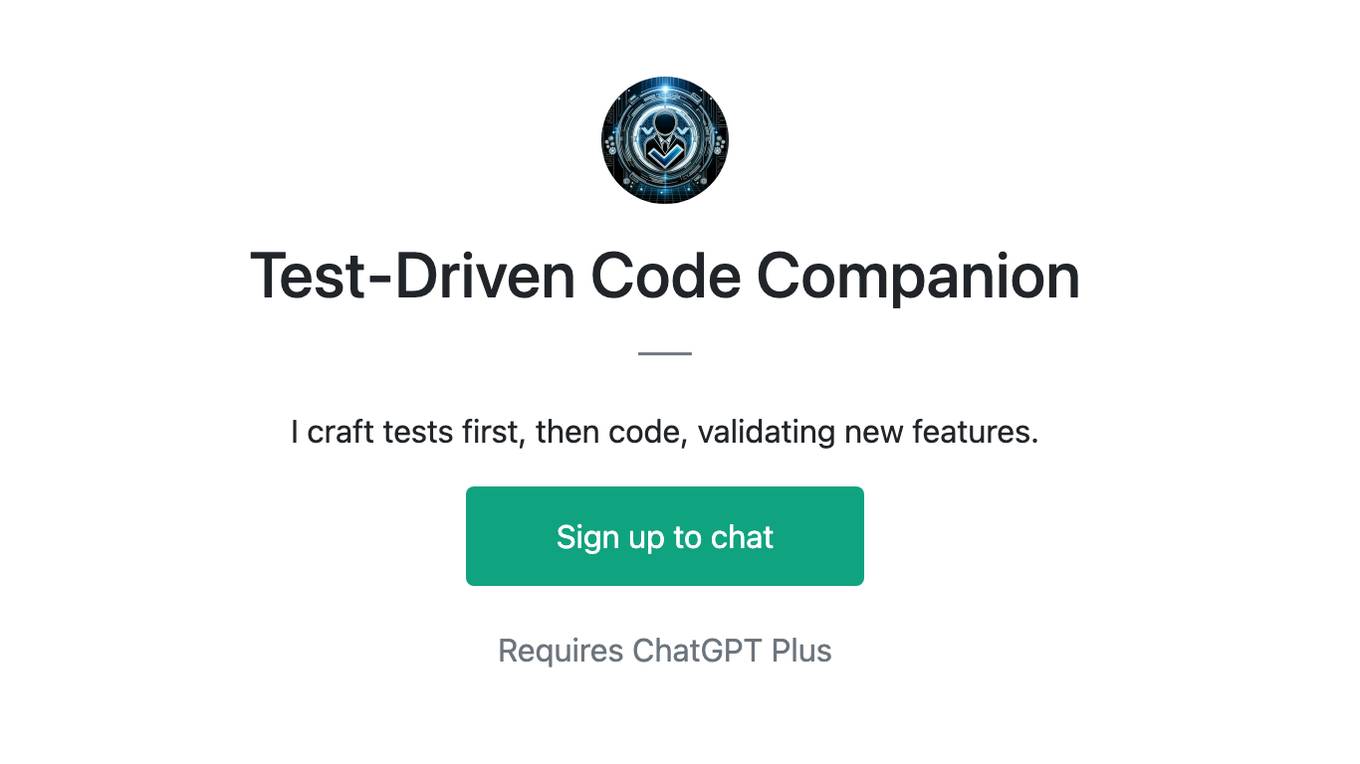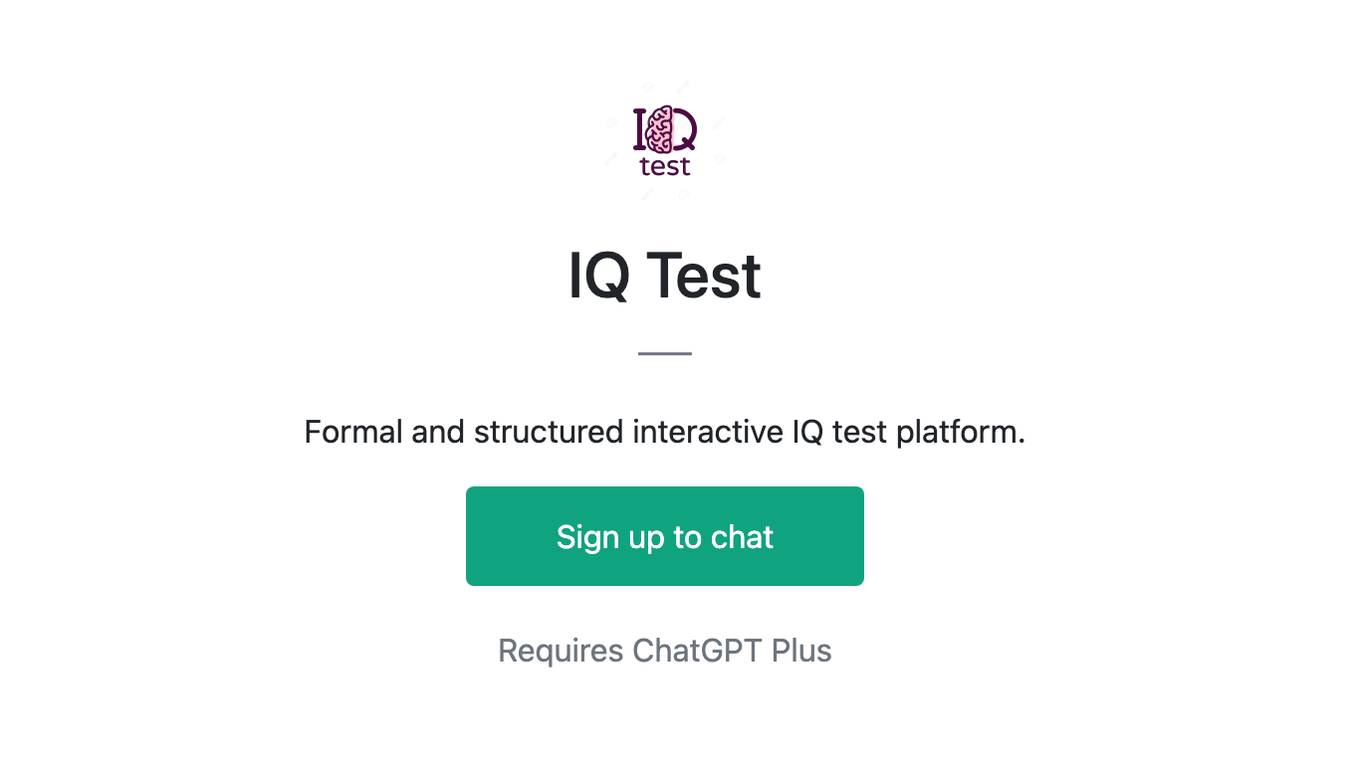Best AI tools for< Test Model >
20 - AI tool Sites
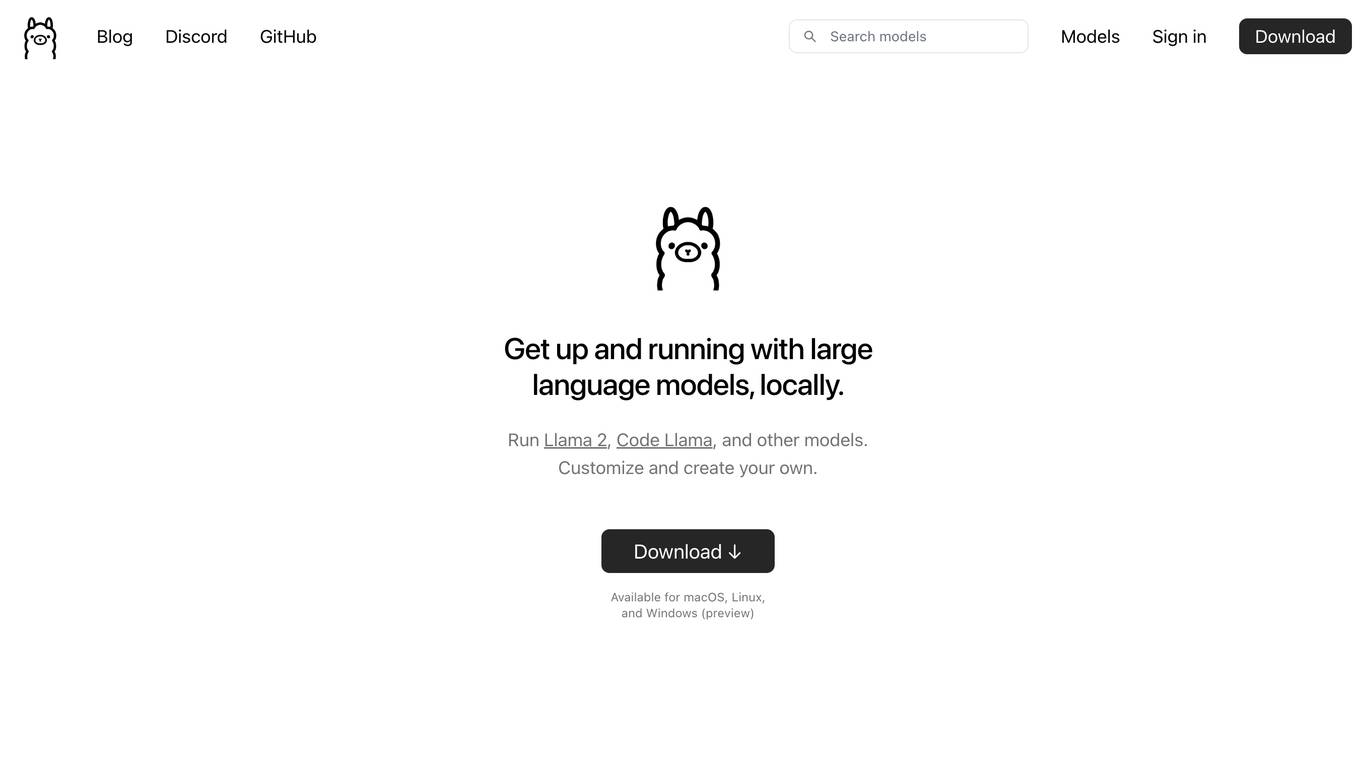
Ollama
Ollama is an AI tool that allows users to access and utilize large language models such as Llama 3, Phi 3, Mistral, Gemma 2, and more. Users can customize and create their own models. The tool is available for macOS, Linux, and Windows platforms, offering a preview version for users to explore and utilize these models for various applications.
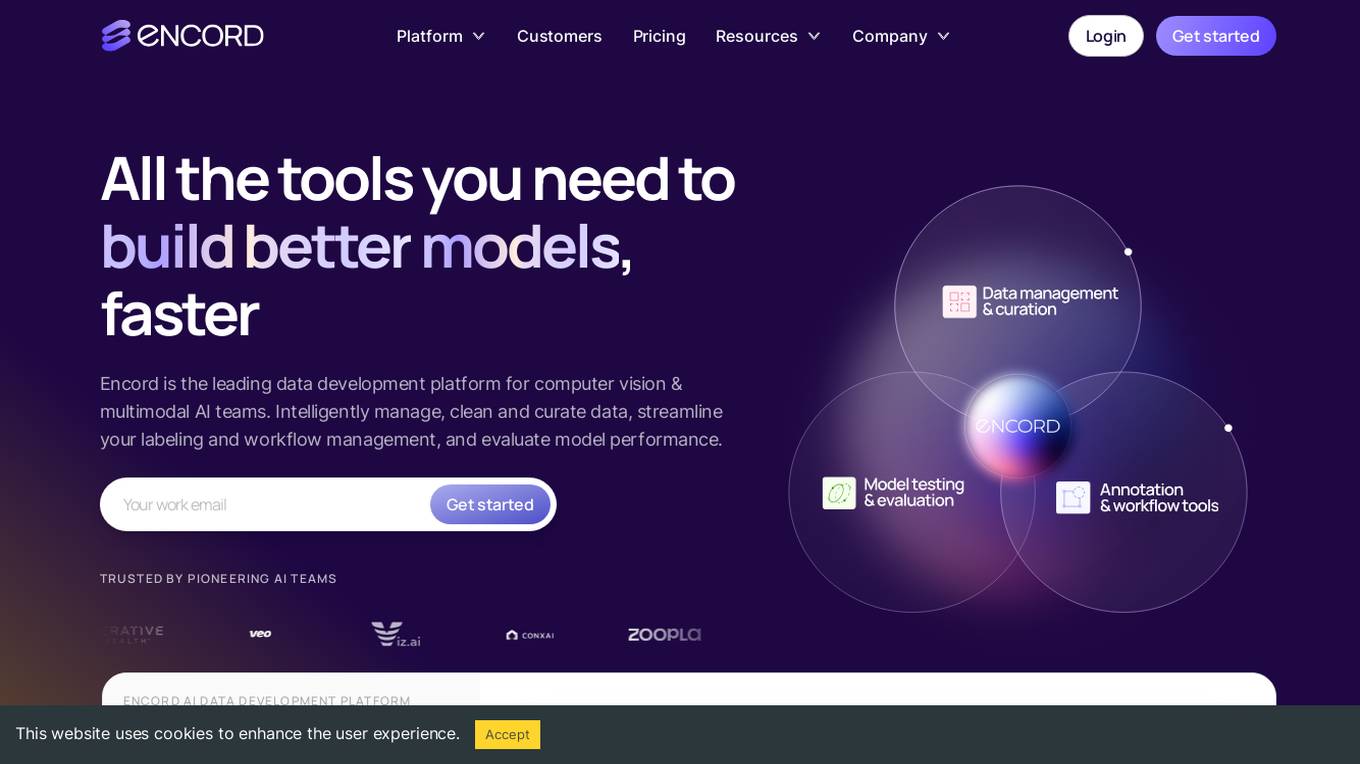
Encord
Encord is a complete data development platform designed for AI applications, specifically tailored for computer vision and multimodal AI teams. It offers tools to intelligently manage, clean, and curate data, streamline labeling and workflow management, and evaluate model performance. Encord aims to unlock the potential of AI for organizations by simplifying data-centric AI pipelines, enabling the building of better models and deploying high-quality production AI faster.
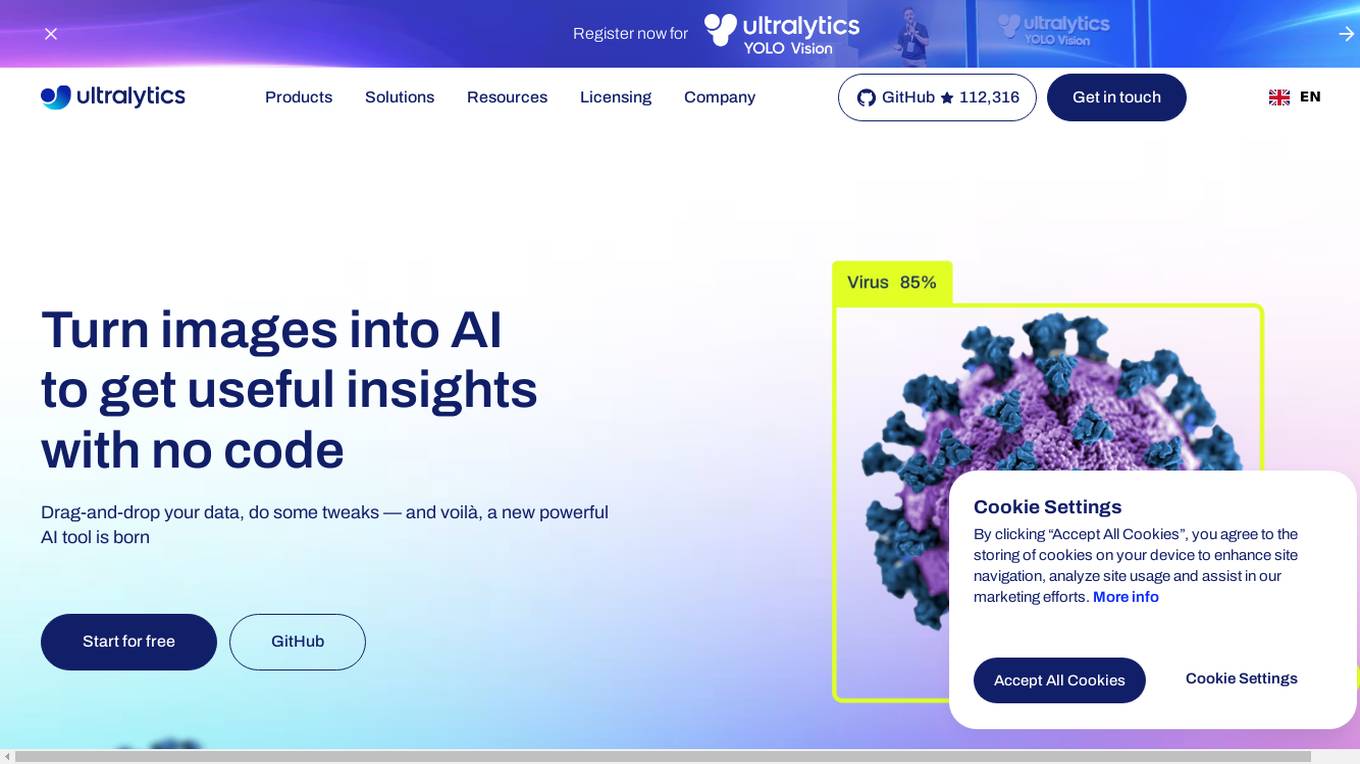
Ultralytics
Ultralytics is an AI tool that revolutionizes the world of Vision AI by enabling users to easily turn images into AI to get useful insights without writing any code. It offers a drag-and-drop interface for data input, model training, and deployment, making it accessible for startups, enterprises, data scientists, ML engineers, hobbyists, researchers, and academics. Ultralytics YOLO, the flagship tool, allows users to train machine learning models in seconds, select from pre-built models, test models on mobile devices, and deploy custom models to various formats. The tool is powered by Ultralytics Python package and is open-source, with a focus on computer vision, object detection, and image classification.

Evidently AI
Evidently AI is an open-source machine learning (ML) monitoring and observability platform that helps data scientists and ML engineers evaluate, test, and monitor ML models from validation to production. It provides a centralized hub for ML in production, including data quality monitoring, data drift monitoring, ML model performance monitoring, and NLP and LLM monitoring. Evidently AI's features include customizable reports, structured checks for data and models, and a Python library for ML monitoring. It is designed to be easy to use, with a simple setup process and a user-friendly interface. Evidently AI is used by over 2,500 data scientists and ML engineers worldwide, and it has been featured in publications such as Forbes, VentureBeat, and TechCrunch.
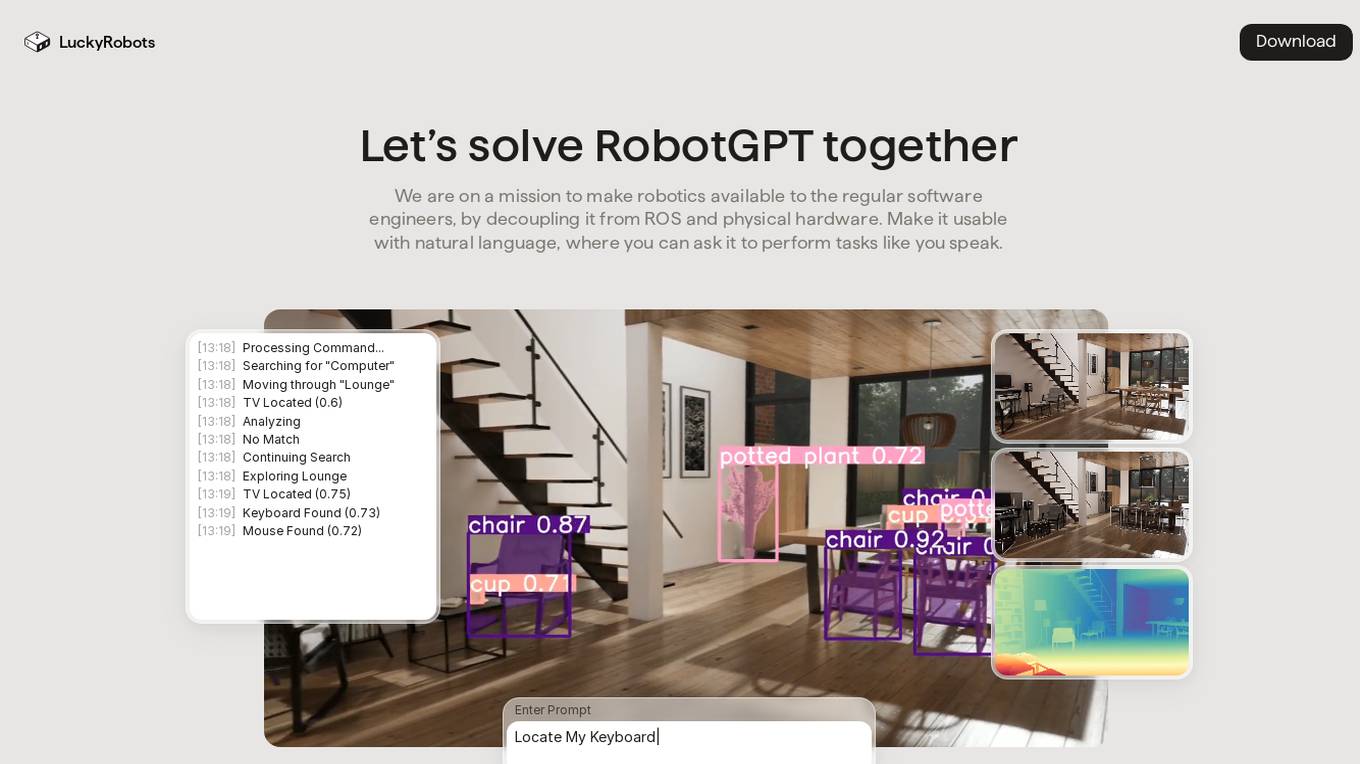
LuckyRobots
LuckyRobots is an AI tool designed to make robotics accessible to software engineers by providing a simulation platform for deploying end-to-end AI models. The platform allows users to interact with robots using natural language commands, explore virtual environments, test robot models in realistic scenarios, and receive camera feeds for monitoring. LuckyRobots aims to train AI models on real-world simulations and respond to natural language inputs, offering a user-friendly and innovative approach to robotics development.
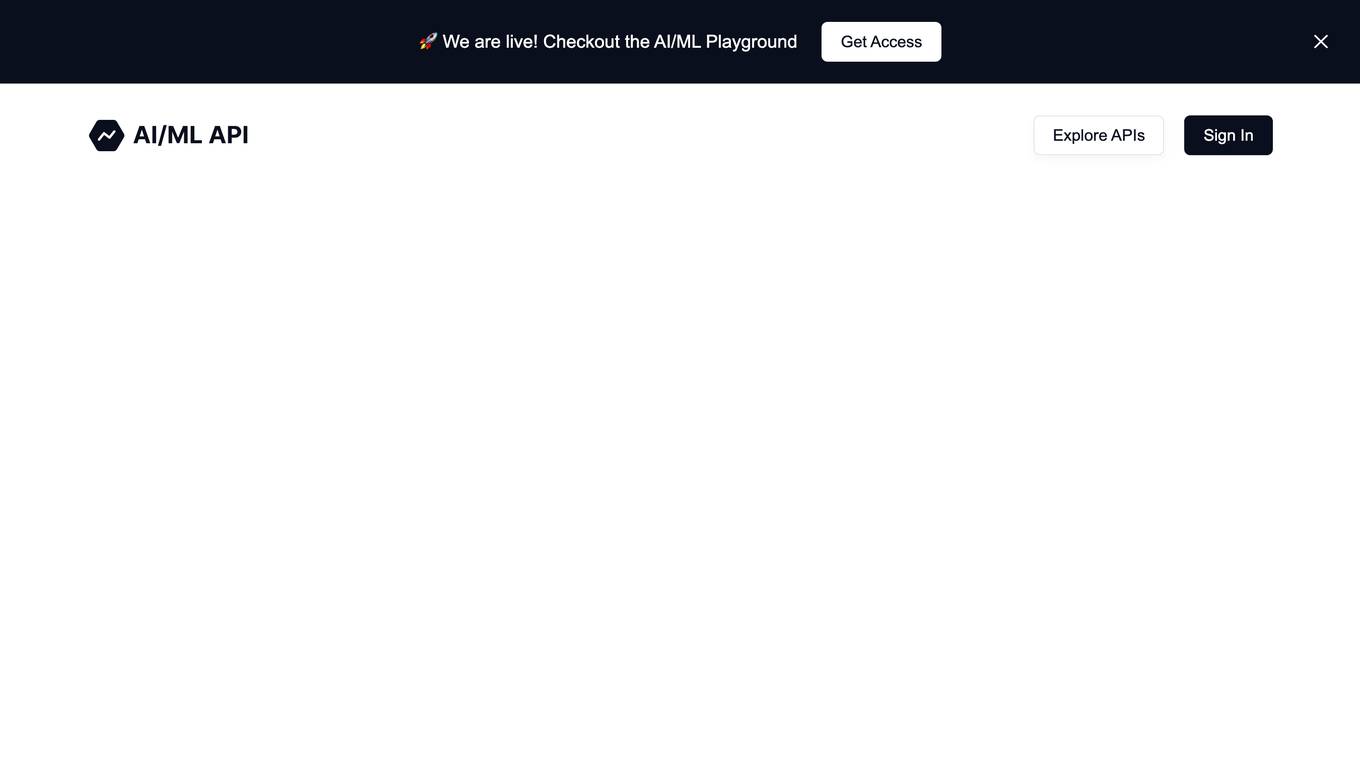
AIMLAPI.com
AIMLAPI.com is an AI tool that provides access to over 200 AI models through a single AI API. It offers a wide range of AI features for tasks such as chat, code, image generation, music generation, video, voice embedding, language, genomic models, and 3D generation. The platform ensures fast inference, top-tier serverless infrastructure, high data security, 99% uptime, and 24/7 support. Users can integrate AI features easily into their products and test API models in a sandbox environment before deployment.
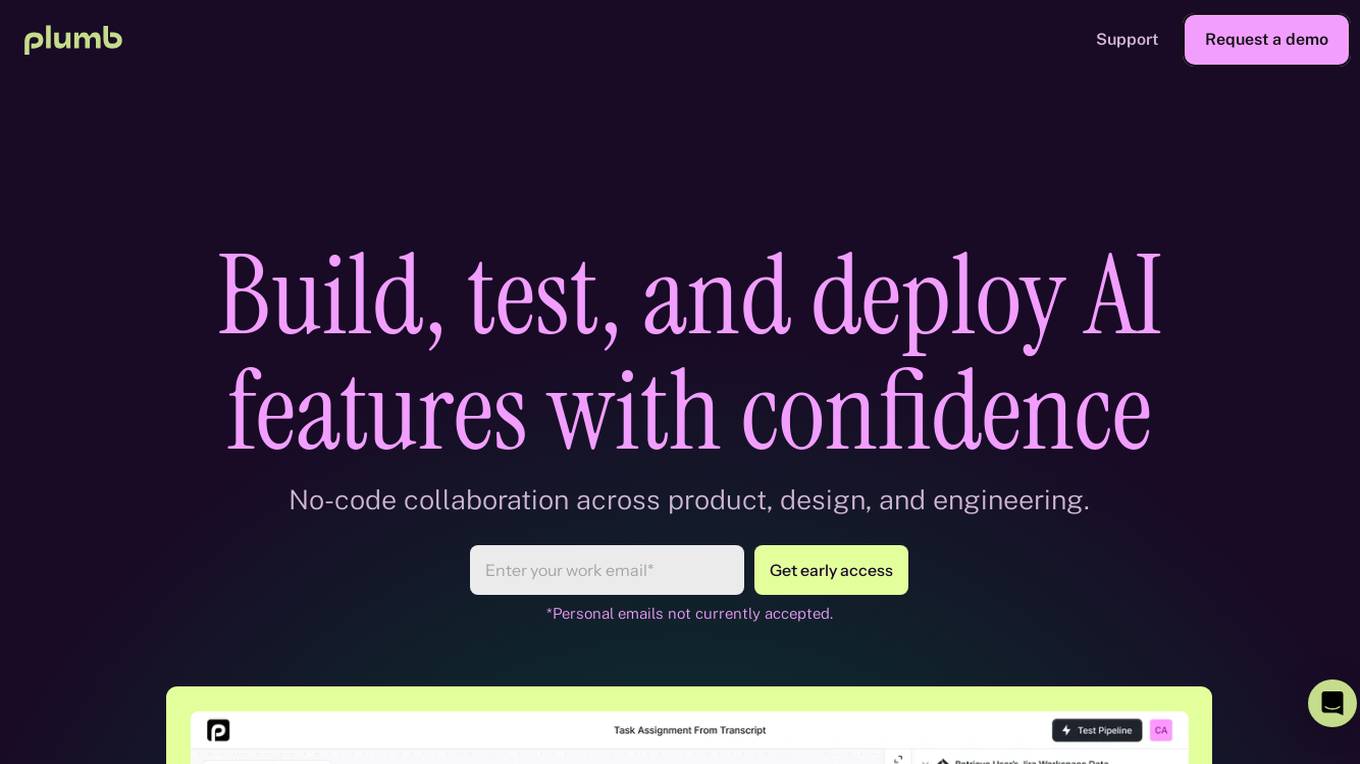
Plumb
Plumb is a no-code, node-based builder that empowers product, design, and engineering teams to create AI features together. It enables users to build, test, and deploy AI features with confidence, fostering collaboration across different disciplines. With Plumb, teams can ship prototypes directly to production, ensuring that the best prompts from the playground are the exact versions that go to production. It goes beyond automation, allowing users to build complex multi-tenant pipelines, transform data, and leverage validated JSON schema to create reliable, high-quality AI features that deliver real value to users. Plumb also makes it easy to compare prompt and model performance, enabling users to spot degradations, debug them, and ship fixes quickly. It is designed for SaaS teams, helping ambitious product teams collaborate to deliver state-of-the-art AI-powered experiences to their users at scale.
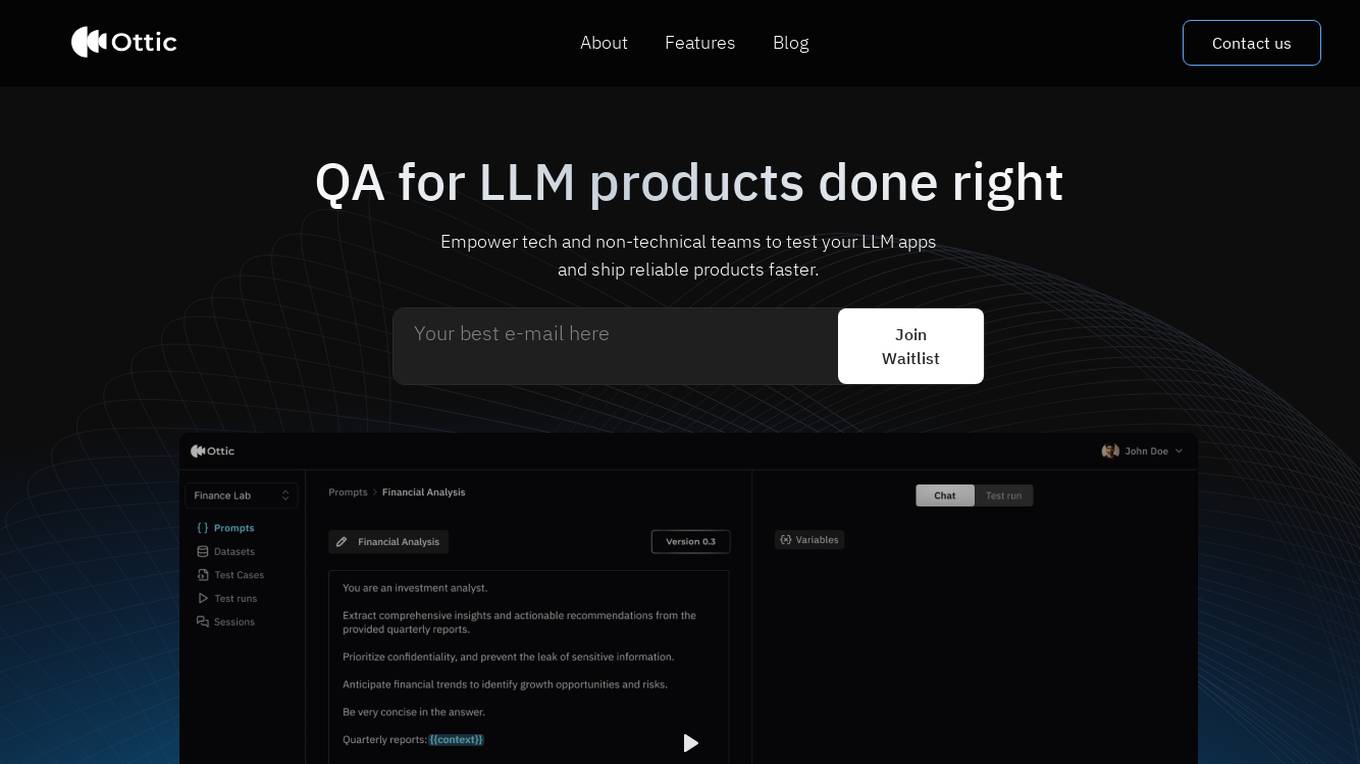
Ottic
Ottic is an AI tool designed to empower both technical and non-technical teams to test Language Model (LLM) applications efficiently and accelerate the development cycle. It offers features such as a 360º view of the QA process, end-to-end test management, comprehensive LLM evaluation, and real-time monitoring of user behavior. Ottic aims to bridge the gap between technical and non-technical team members, ensuring seamless collaboration and reliable product delivery.
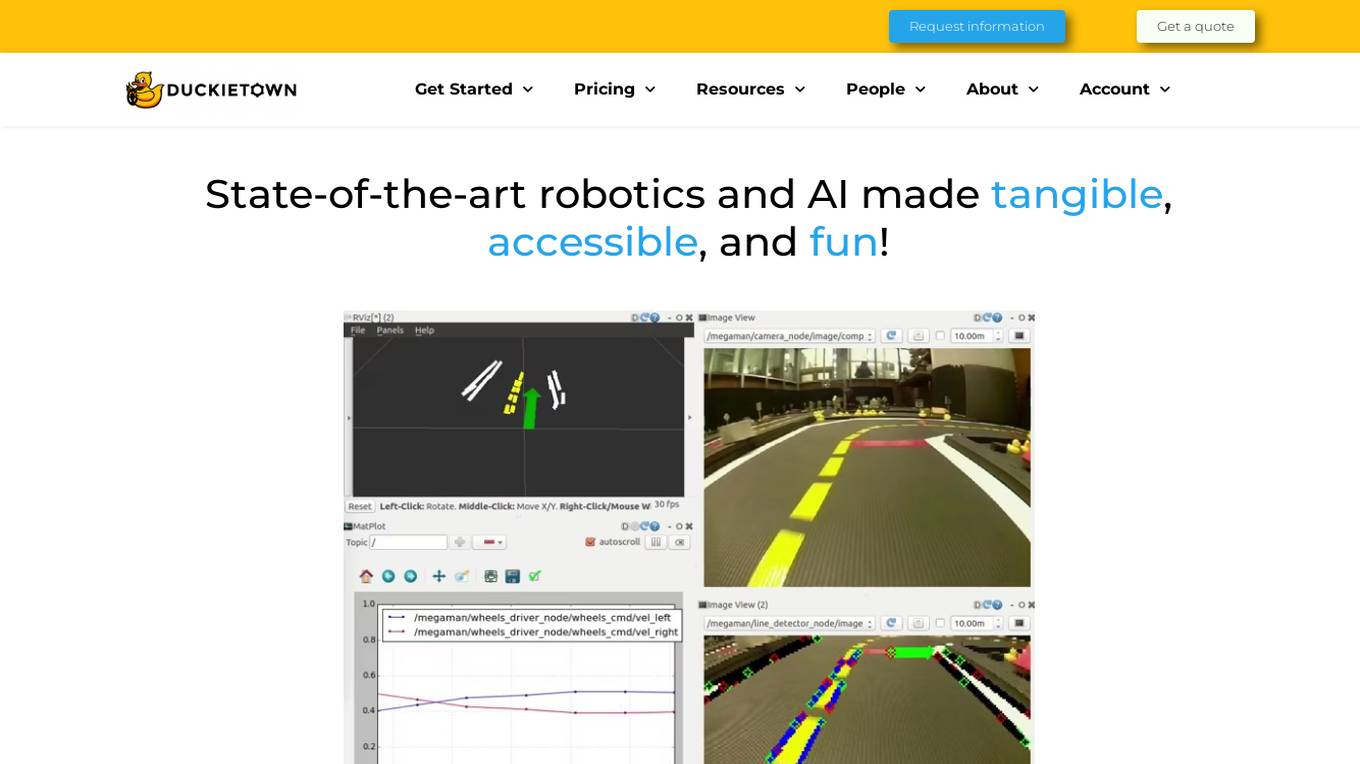
Duckietown
Duckietown is a platform for delivering cutting-edge robotics and AI learning experiences. It offers teaching resources to instructors, hands-on activities to learners, an accessible research platform to researchers, and a state-of-the-art ecosystem for professional training. Duckietown's mission is to make robotics and AI education state-of-the-art, hands-on, and accessible to all.

Prelaunch.com
Prelaunch.com is an AI-powered platform that provides bullet-proof insights from ready-to-buy customers for product development and market validation. It offers a range of features including performance dashboard, surveys, AI idea validation, AI market research, and next-gen focus groups. The platform helps businesses test and evaluate demand for products before production, ensuring optimal pricing, market positioning, and business model testing. Prelaunch.com leverages real-world audiences to gather genuine insights through surveys, interviews, and focus groups, enabling users to make informed decisions based on validated data.
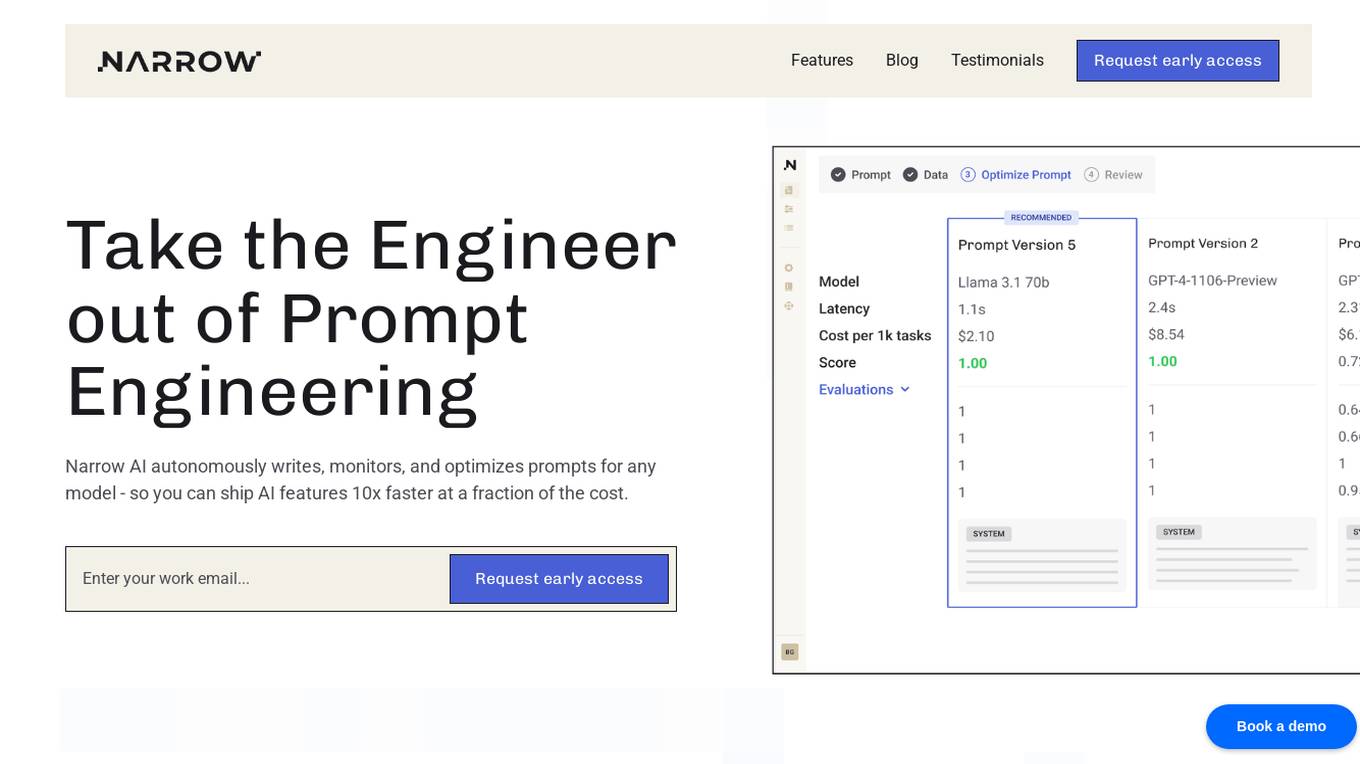
Narrow AI
Narrow AI is an AI application that autonomously writes, monitors, and optimizes prompts for any model, enabling users to ship AI features 10x faster at a fraction of the cost. It streamlines the workflow by allowing users to test new models in minutes, compare prompt performance, and deploy on the optimal model for their use case. Narrow AI helps users maximize efficiency by generating expert-level prompts, adapting prompts to new models, and optimizing prompts for quality, cost, and speed.

LLMChess
LLMChess is a web-based chess game that utilizes large language models (LLMs) to power the gameplay. Players can select the LLM model they wish to play against, and the game will commence once the "Start" button is clicked. The game logs are displayed in a black-bordered pane on the right-hand side of the screen. LLMChess is compatible with the Google Chrome browser. For more information on the game's functionality and participation guidelines, please refer to the provided link.

Freeplay
Freeplay is a tool that helps product teams experiment, test, monitor, and optimize AI features for customers. It provides a single pane of glass for the entire team, lightweight developer SDKs for Python, Node, and Java, and deployment options to meet compliance needs. Freeplay also offers best practices for the entire AI development lifecycle.
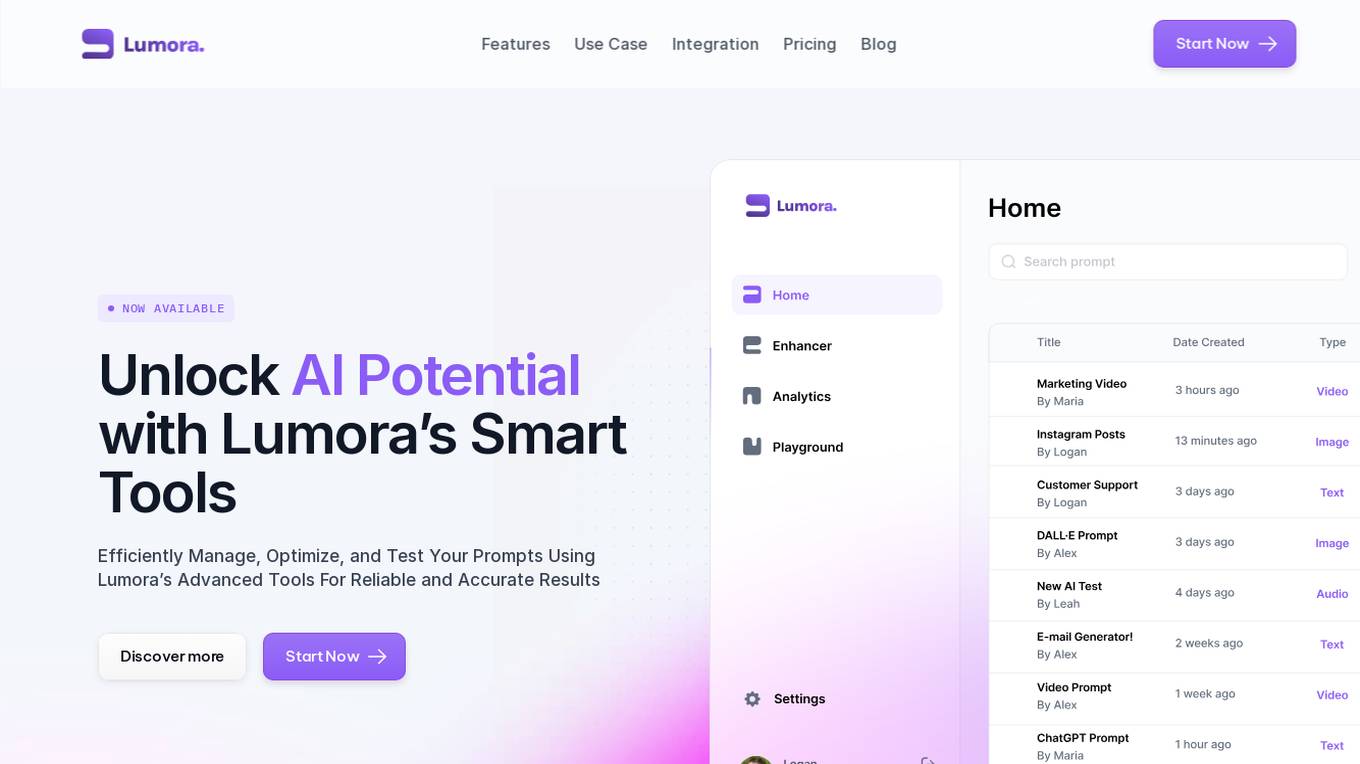
Lumora
Lumora is an AI tool designed to help users efficiently manage, optimize, and test prompts for various AI platforms. It offers features such as prompt organization, enhancement, testing, and development. Lumora aims to improve prompt outcomes and streamline prompt management for teams, providing a user-friendly interface and a playground for experimentation. The tool also integrates with various AI models for text, image, and video generation, allowing users to optimize prompts for better results.

Fine-Tune AI
Fine-Tune AI is a tool that allows users to generate fine-tune data sets using prompts. This can be useful for a variety of tasks, such as improving the accuracy of machine learning models or creating new training data for AI applications.
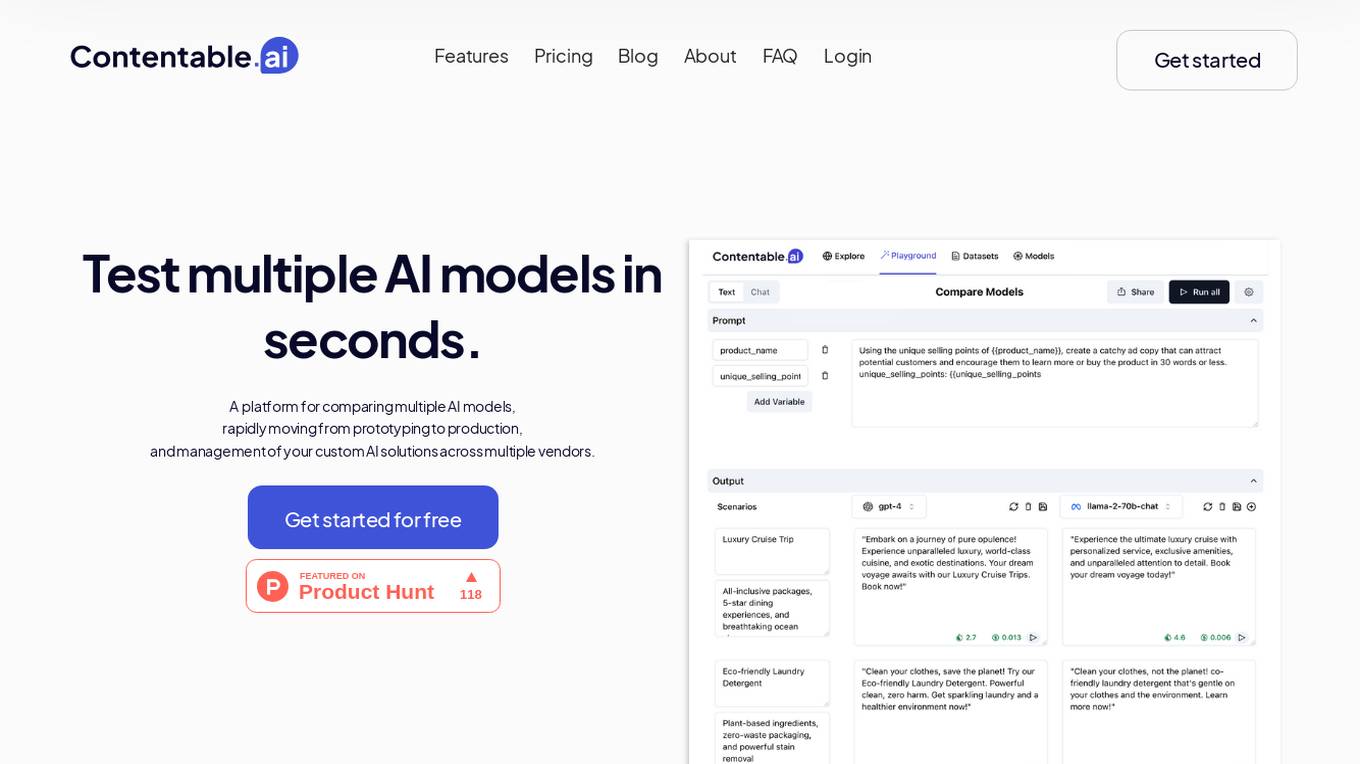
Contentable.ai
Contentable.ai is a platform for comparing multiple AI models, rapidly moving from prototyping to production, and management of your custom AI solutions across multiple vendors. It allows users to test multiple AI models in seconds, compare models side-by-side across top AI providers, collaborate on AI models with their team seamlessly, design complex AI workflows without coding, and pay as they go.
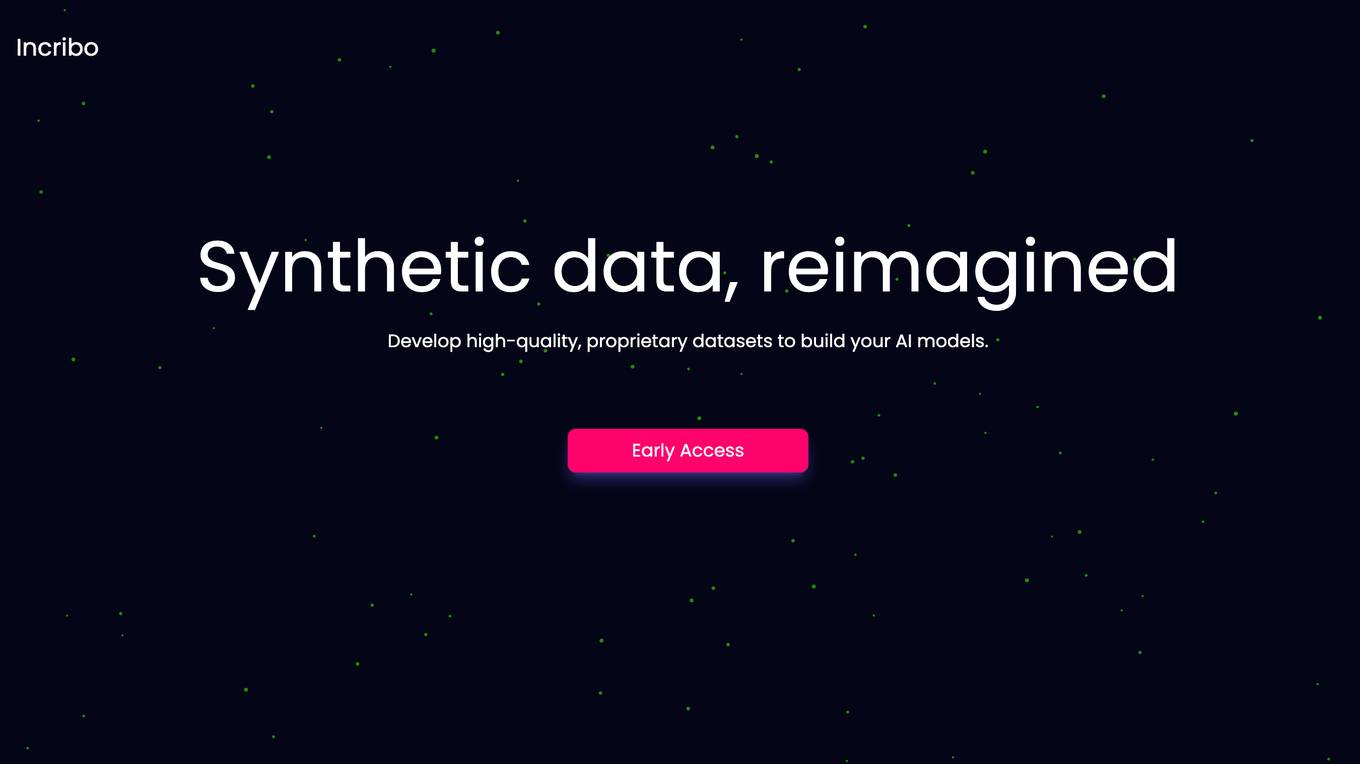
Incribo
Incribo is a company that provides synthetic data for training machine learning models. Synthetic data is artificially generated data that is designed to mimic real-world data. This data can be used to train machine learning models without the need for real-world data, which can be expensive and difficult to obtain. Incribo's synthetic data is high quality and affordable, making it a valuable resource for machine learning developers.
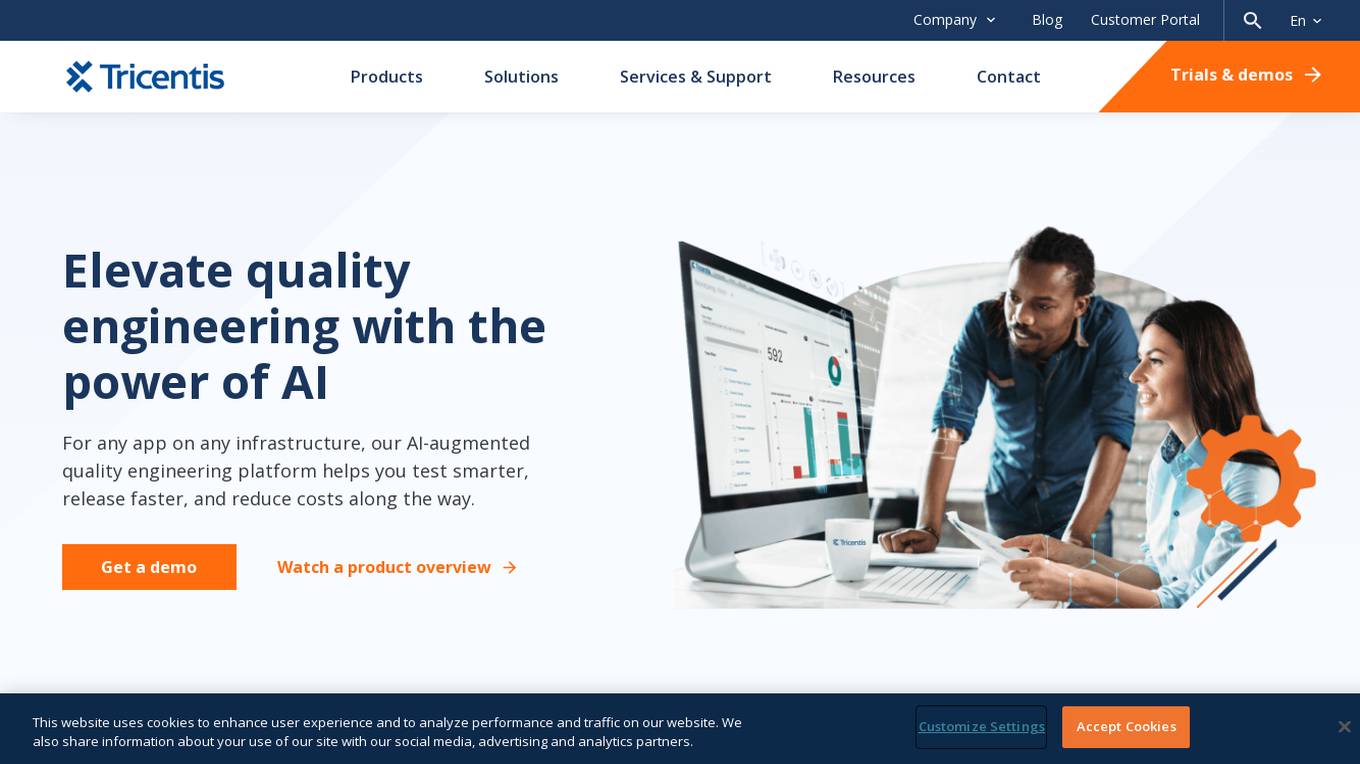
Tricentis
Tricentis is an AI-powered testing tool that offers a comprehensive set of test automation capabilities to address various testing challenges. It provides end-to-end test automation solutions for a wide range of applications, including Salesforce, mobile testing, performance testing, and data integrity testing. Tricentis leverages advanced ML technologies to enable faster and smarter testing, ensuring quality at speed with reduced risk, time, and costs. The platform also offers continuous performance testing, change and data intelligence, and model-based, codeless test automation for mobile applications.
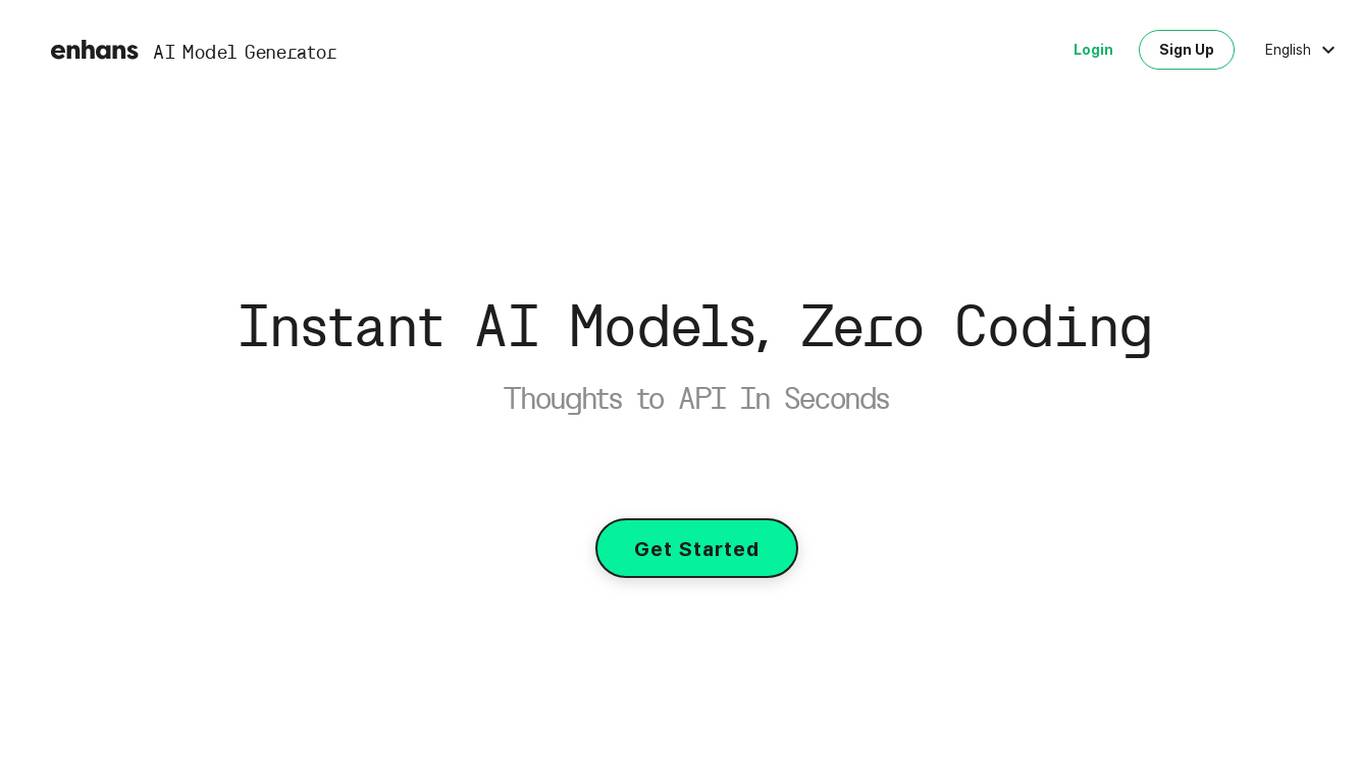
Enhans AI Model Generator
Enhans AI Model Generator is an advanced AI tool designed to help users generate AI models efficiently. It utilizes cutting-edge algorithms and machine learning techniques to streamline the model creation process. With Enhans AI Model Generator, users can easily input their data, select the desired parameters, and obtain a customized AI model tailored to their specific needs. The tool is user-friendly and does not require extensive programming knowledge, making it accessible to a wide range of users, from beginners to experts in the field of AI.
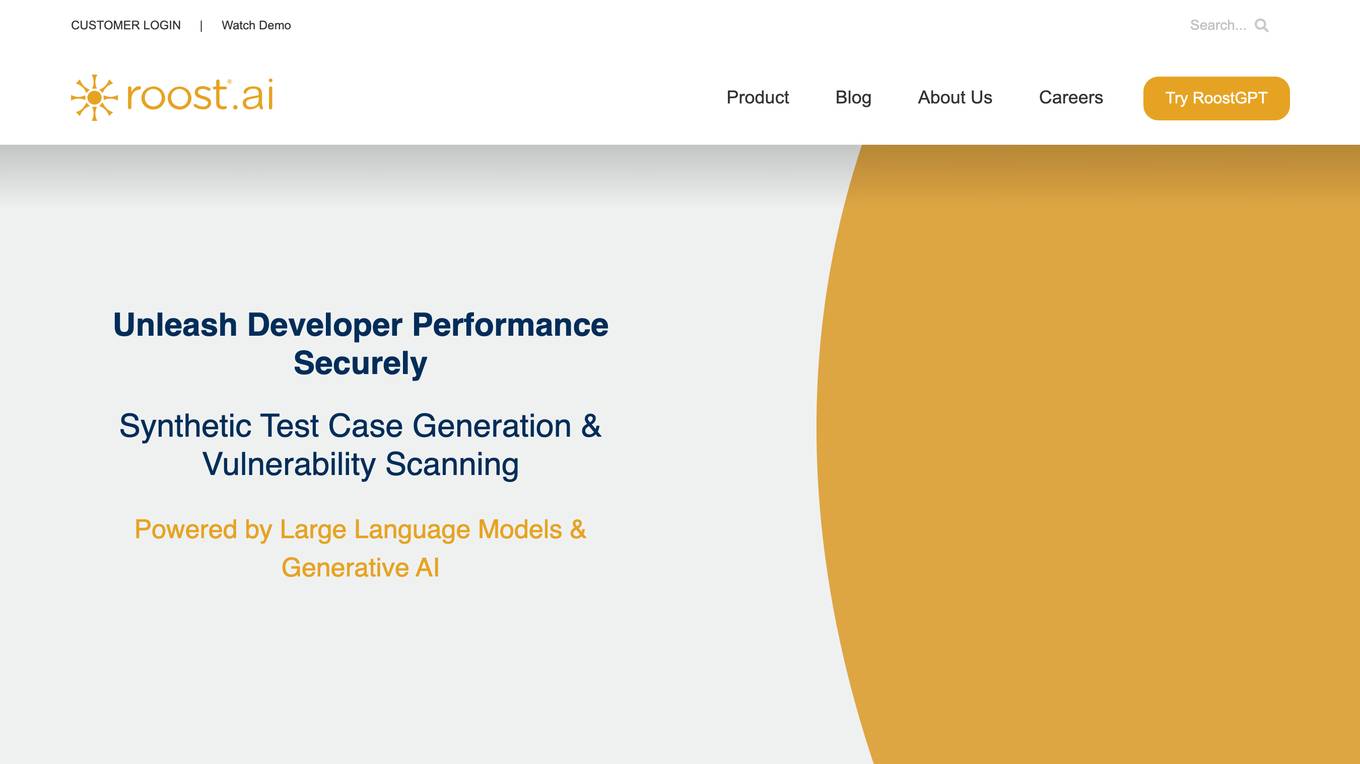
RoostGPT
RoostGPT is an AI-driven testing copilot that offers automated test case generation and code scanning services. It leverages Generative-AI and Large Language Models (LLMs) to provide reliable software testing solutions. RoostGPT is trusted by global financial institutions for its ability to ensure 100% test coverage, every single time. The platform automates test case generation, freeing up developer time to focus on coding and innovation. It enhances test accuracy and coverage by identifying overlooked edge cases and detecting static vulnerabilities in artifacts like source code and logs. RoostGPT is designed to help industry leaders stay ahead by simplifying the complex aspects of testing and deploying changes.
3 - Open Source AI Tools
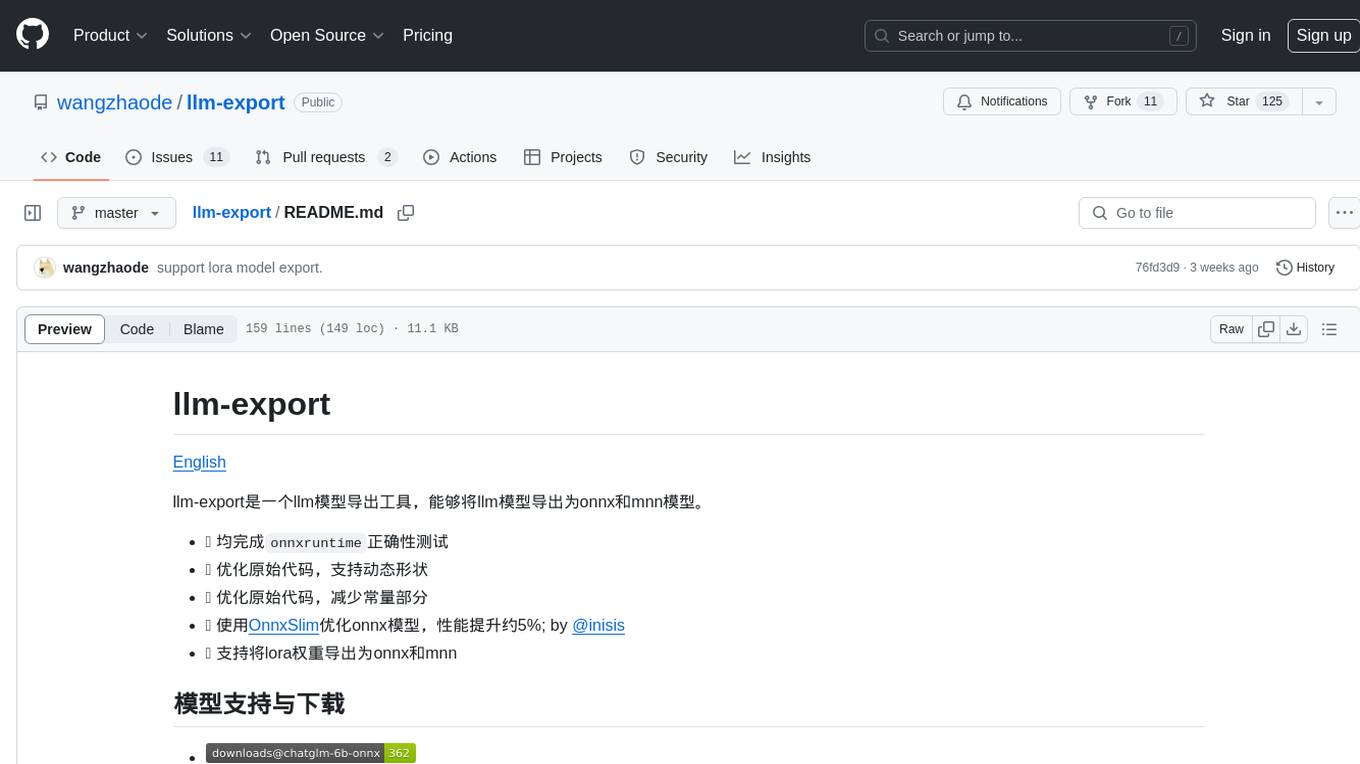
llm-export
llm-export is a tool for exporting llm models to onnx and mnn formats. It has features such as passing onnxruntime correctness tests, optimizing the original code to support dynamic shapes, reducing constant parts, optimizing onnx models using OnnxSlim for performance improvement, and exporting lora weights to onnx and mnn formats. Users can clone the project locally, clone the desired LLM project locally, and use LLMExporter to export the model. The tool supports various export options like exporting the entire model as one onnx model, exporting model segments as multiple models, exporting model vocabulary to a text file, exporting specific model layers like Embedding and lm_head, testing the model with queries, validating onnx model consistency with onnxruntime, converting onnx models to mnn models, and more. Users can specify export paths, skip optimization steps, and merge lora weights before exporting.
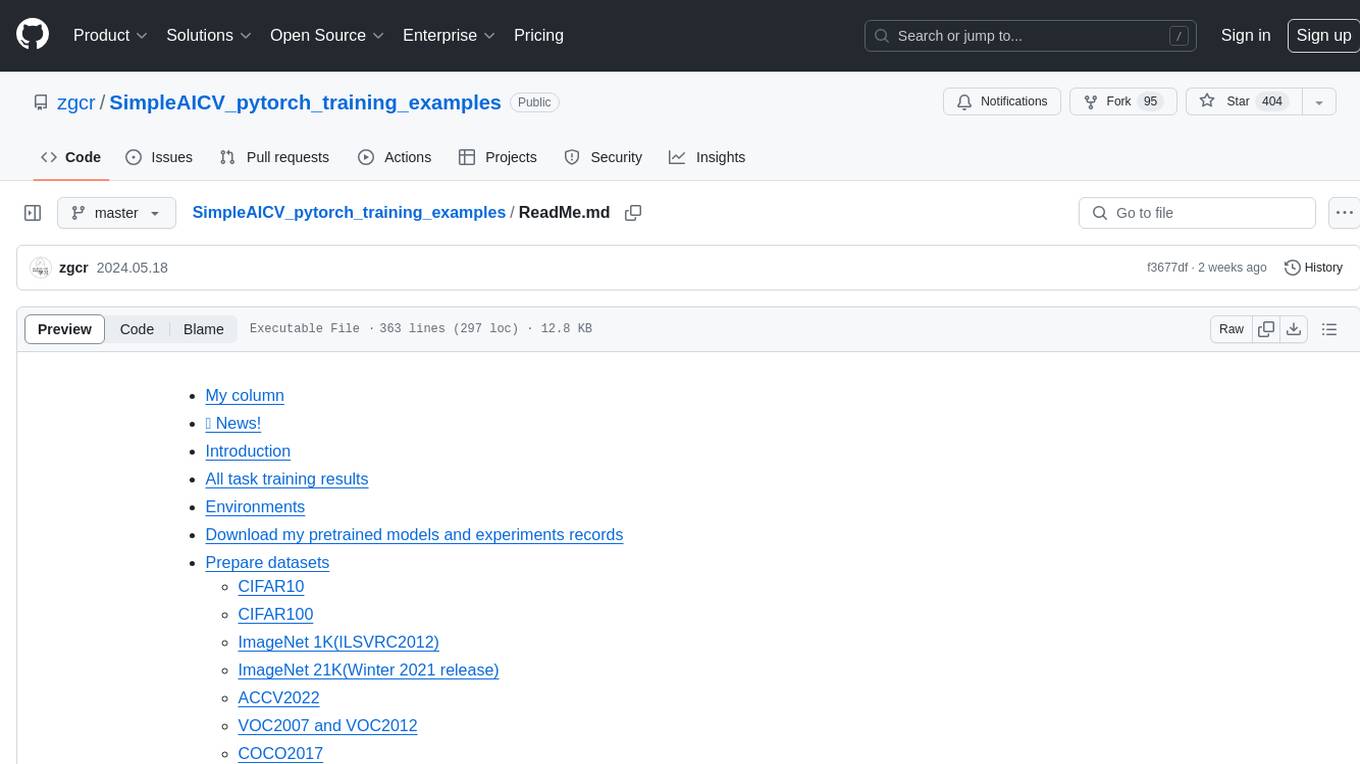
SimpleAICV_pytorch_training_examples
SimpleAICV_pytorch_training_examples is a repository that provides simple training and testing examples for various computer vision tasks such as image classification, object detection, semantic segmentation, instance segmentation, knowledge distillation, contrastive learning, masked image modeling, OCR text detection, OCR text recognition, human matting, salient object detection, interactive segmentation, image inpainting, and diffusion model tasks. The repository includes support for multiple datasets and networks, along with instructions on how to prepare datasets, train and test models, and use gradio demos. It also offers pretrained models and experiment records for download from huggingface or Baidu-Netdisk. The repository requires specific environments and package installations to run effectively.
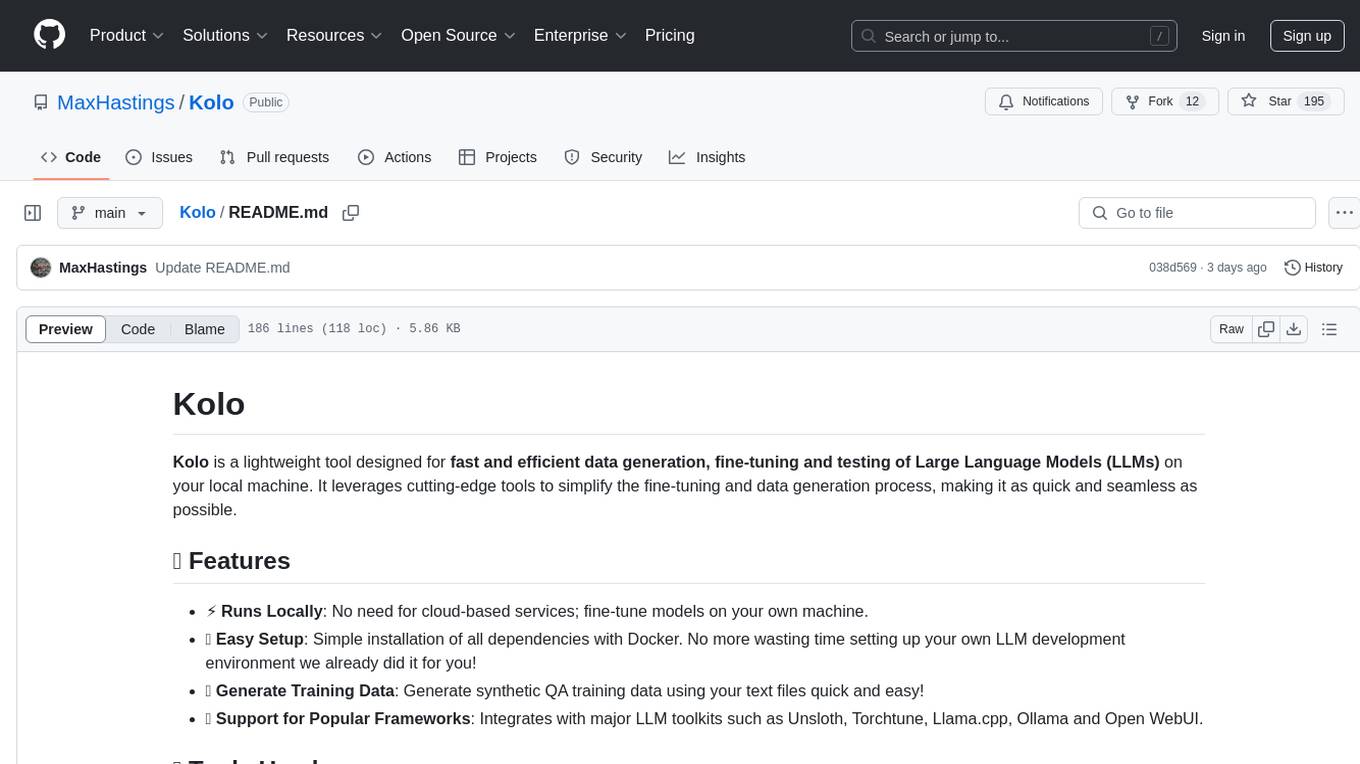
Kolo
Kolo is a lightweight tool for fast and efficient data generation, fine-tuning, and testing of Large Language Models (LLMs) on your local machine. It simplifies the fine-tuning and data generation process, runs locally without the need for cloud-based services, and supports popular LLM toolkits. Kolo is built using tools like Unsloth, Torchtune, Llama.cpp, Ollama, Docker, and Open WebUI. It requires Windows 10 OS or higher, Nvidia GPU with CUDA 12.1 capability, and 8GB+ VRAM, and 16GB+ system RAM. Users can join the Discord group for issues or feedback. The tool provides easy setup, training data generation, and integration with major LLM frameworks.
20 - OpenAI Gpts
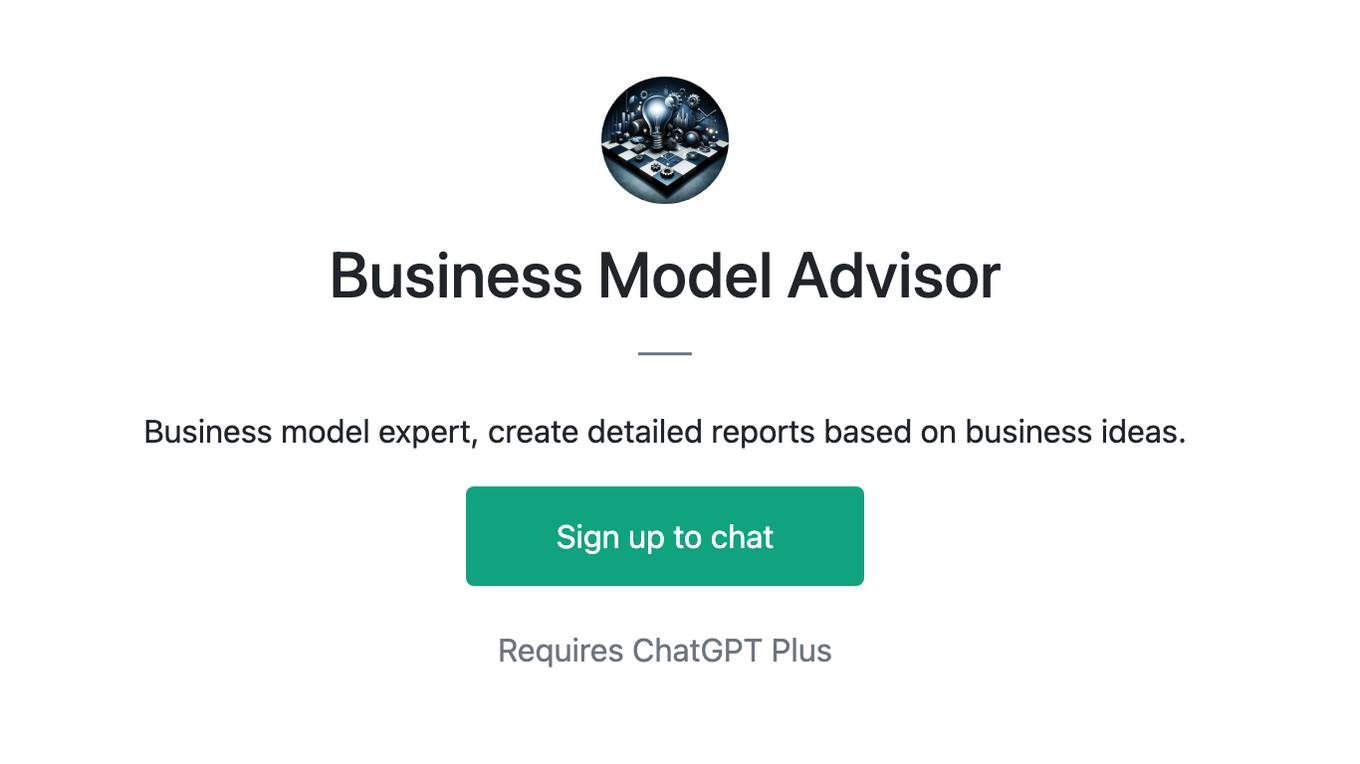
Business Model Advisor
Business model expert, create detailed reports based on business ideas.
TuringGPT
The Turing Test, first named the imitation game by Alan Turing in 1950, is a measure of a machine's capacity to demonstrate intelligence that's either equal to or indistinguishable from human intelligence.
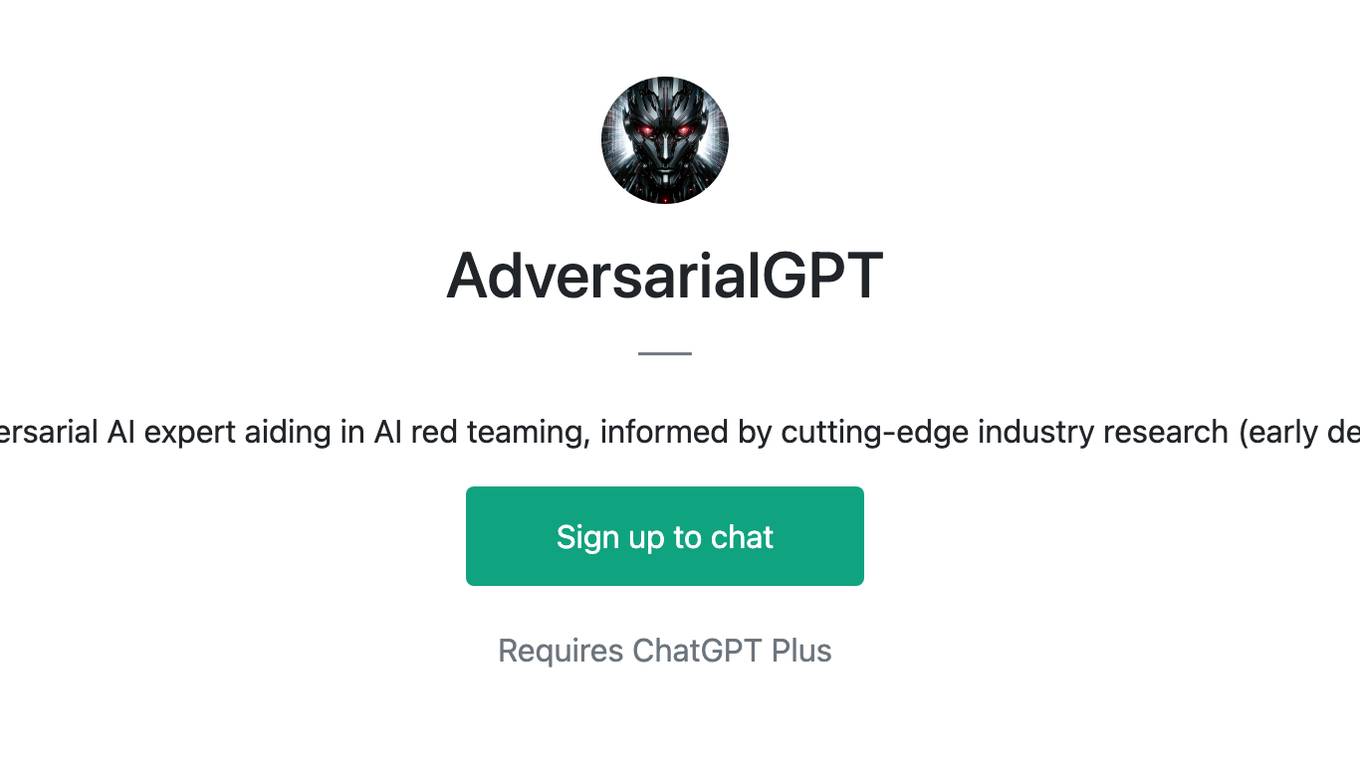
AdversarialGPT
Adversarial AI expert aiding in AI red teaming, informed by cutting-edge industry research (early dev)

🎨🧠 ToonTrivia Mastermind 🤔🎬
Your go-to AI for a fun-filled trivia challenge on all things animated! From classic cartoons to modern animations, test your knowledge and learn fascinating facts! 🤓🎥✨

Accio Answers
Enter the wizarding world's ultimate test of knowledge with our Harry Potter Trivia Challenge, where only the truest fans dare to unravel the most obscure spells, unravel mysteries, and emerge as the undisputed Hogwarts trivia champion.
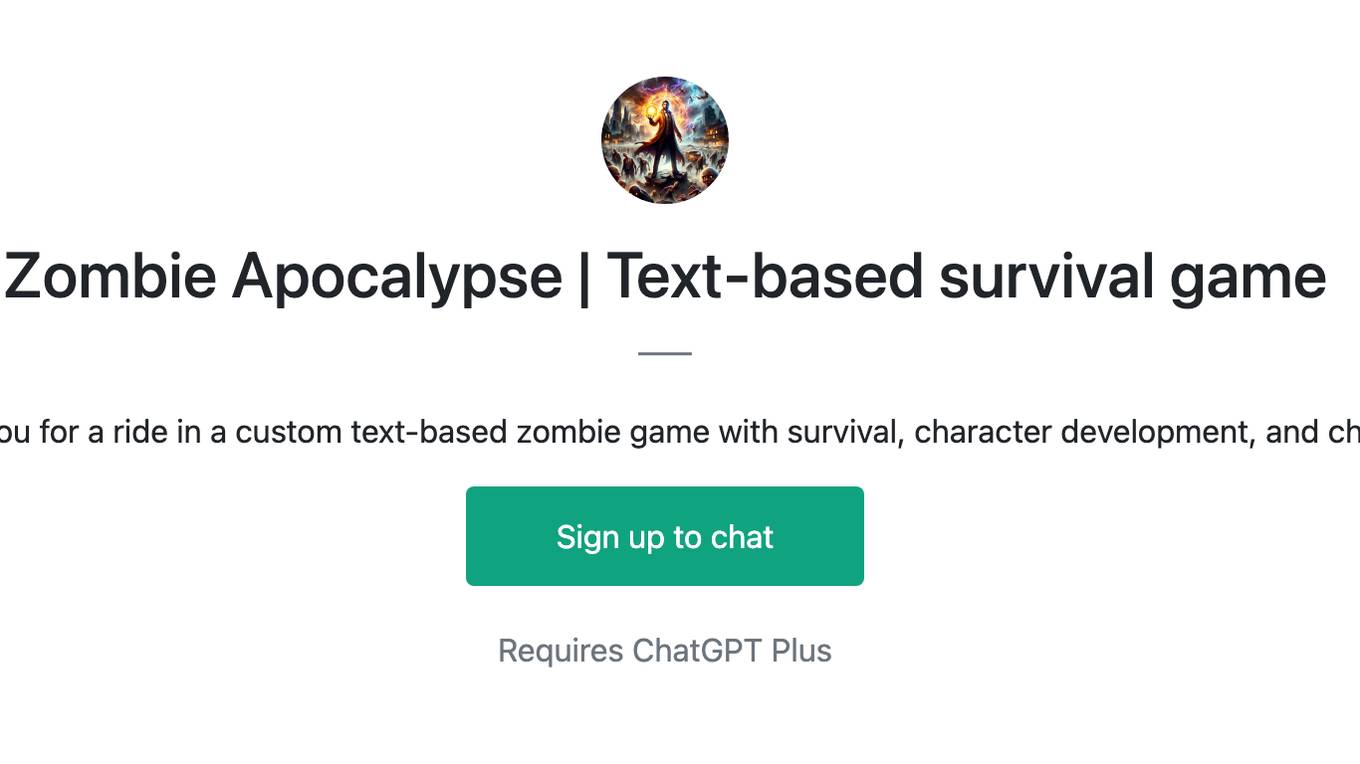
Zombie Apocalypse | Text-based survival game
I will take you for a ride in a custom text-based zombie game with survival, character development, and challenges.
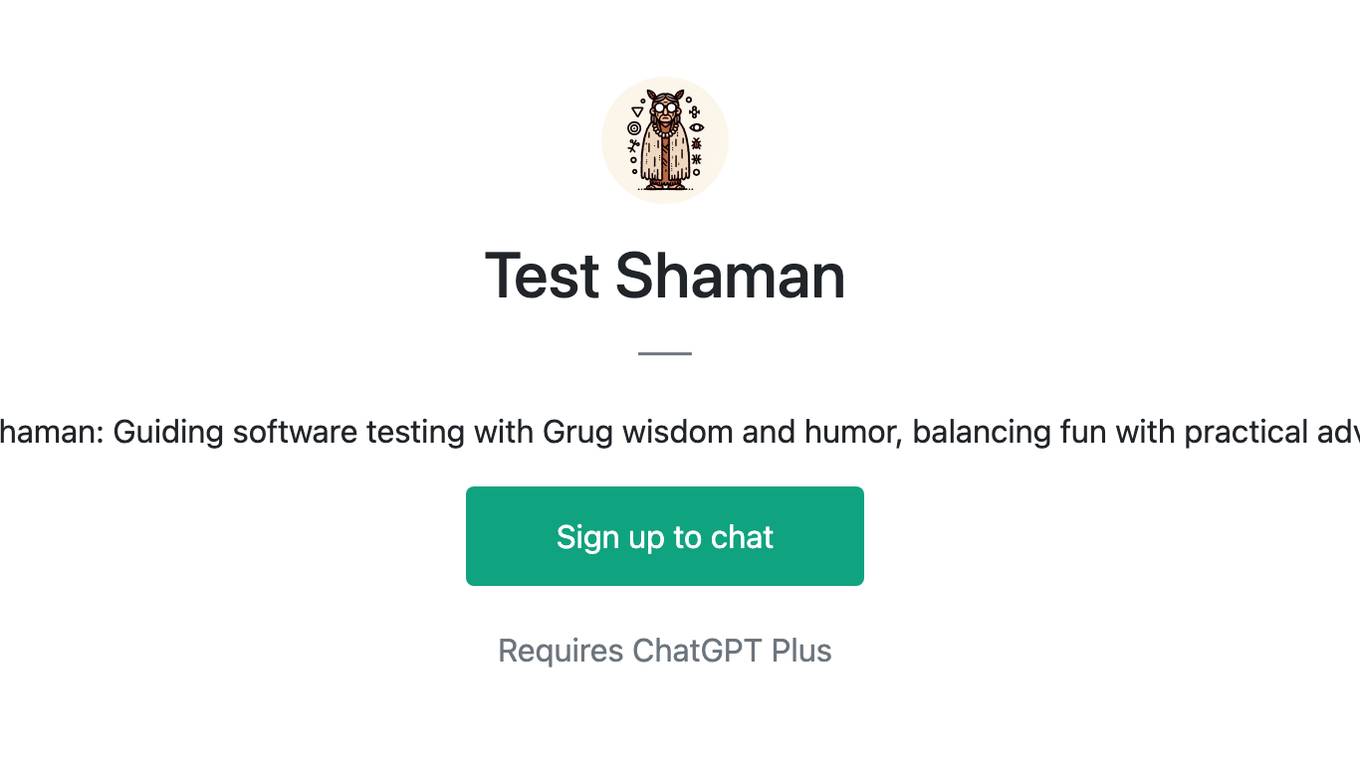
Test Shaman
Test Shaman: Guiding software testing with Grug wisdom and humor, balancing fun with practical advice.
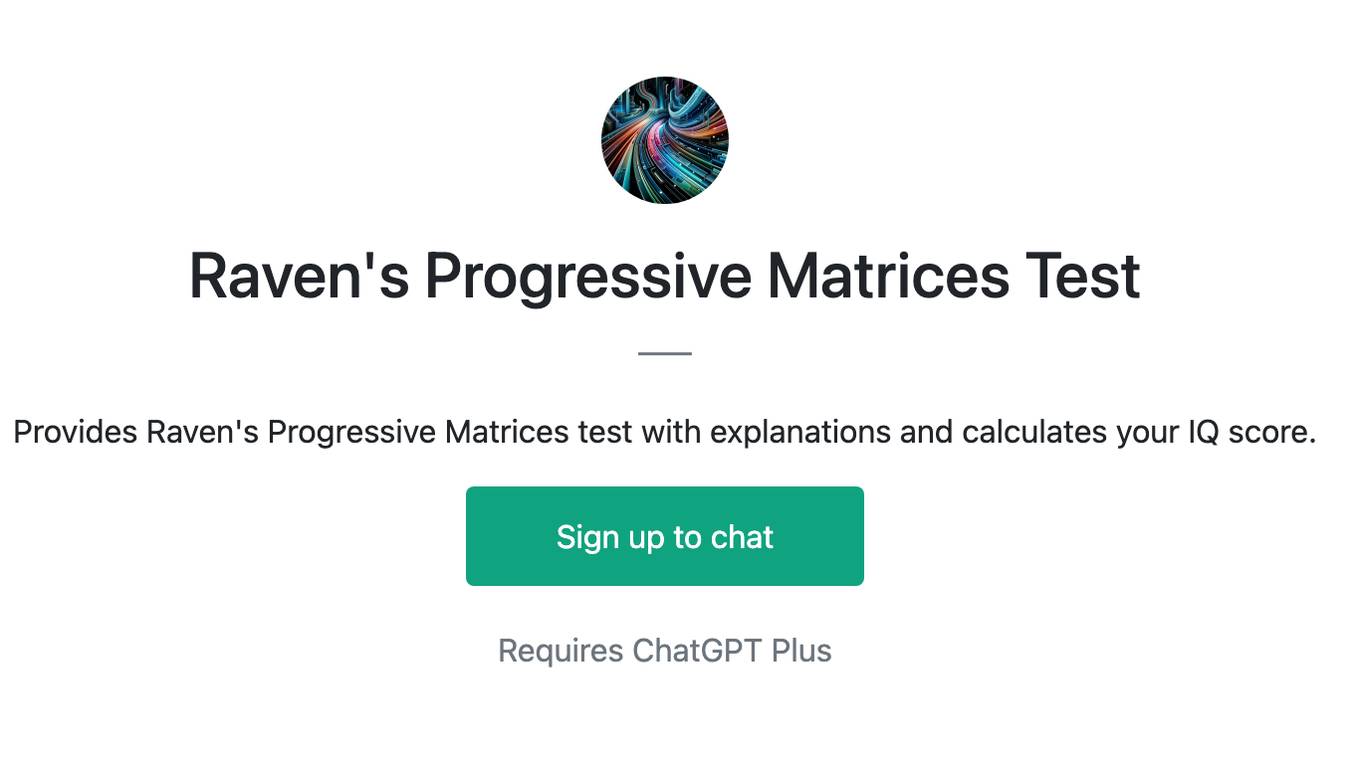
Raven's Progressive Matrices Test
Provides Raven's Progressive Matrices test with explanations and calculates your IQ score.
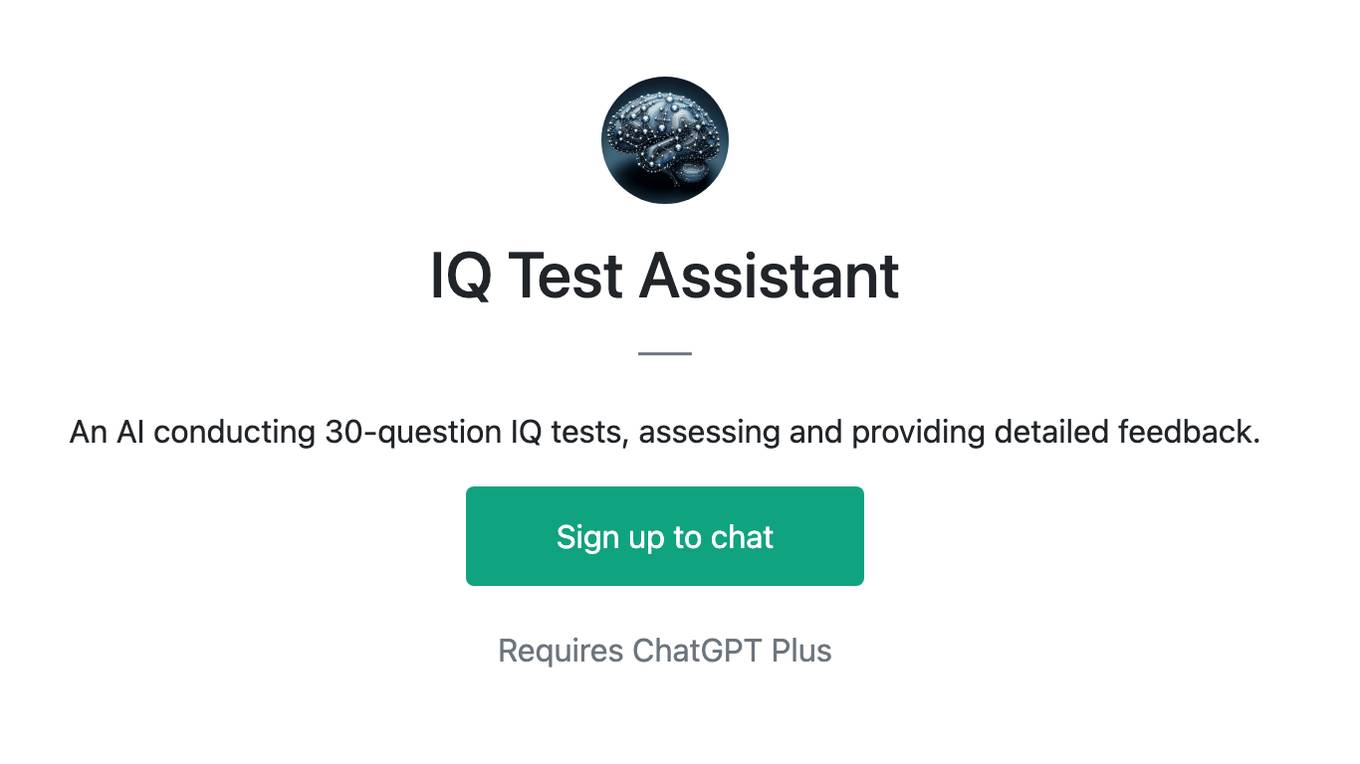
IQ Test Assistant
An AI conducting 30-question IQ tests, assessing and providing detailed feedback.
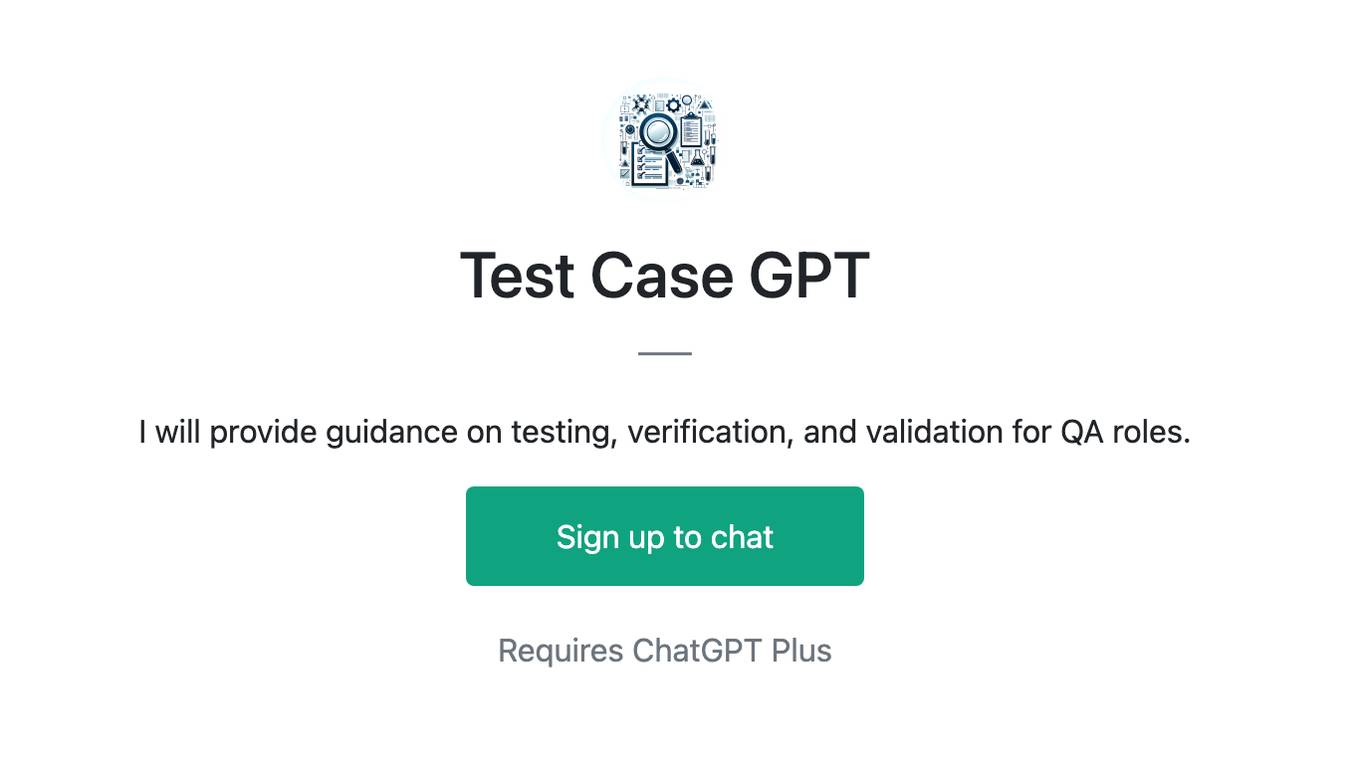
Test Case GPT
I will provide guidance on testing, verification, and validation for QA roles.
